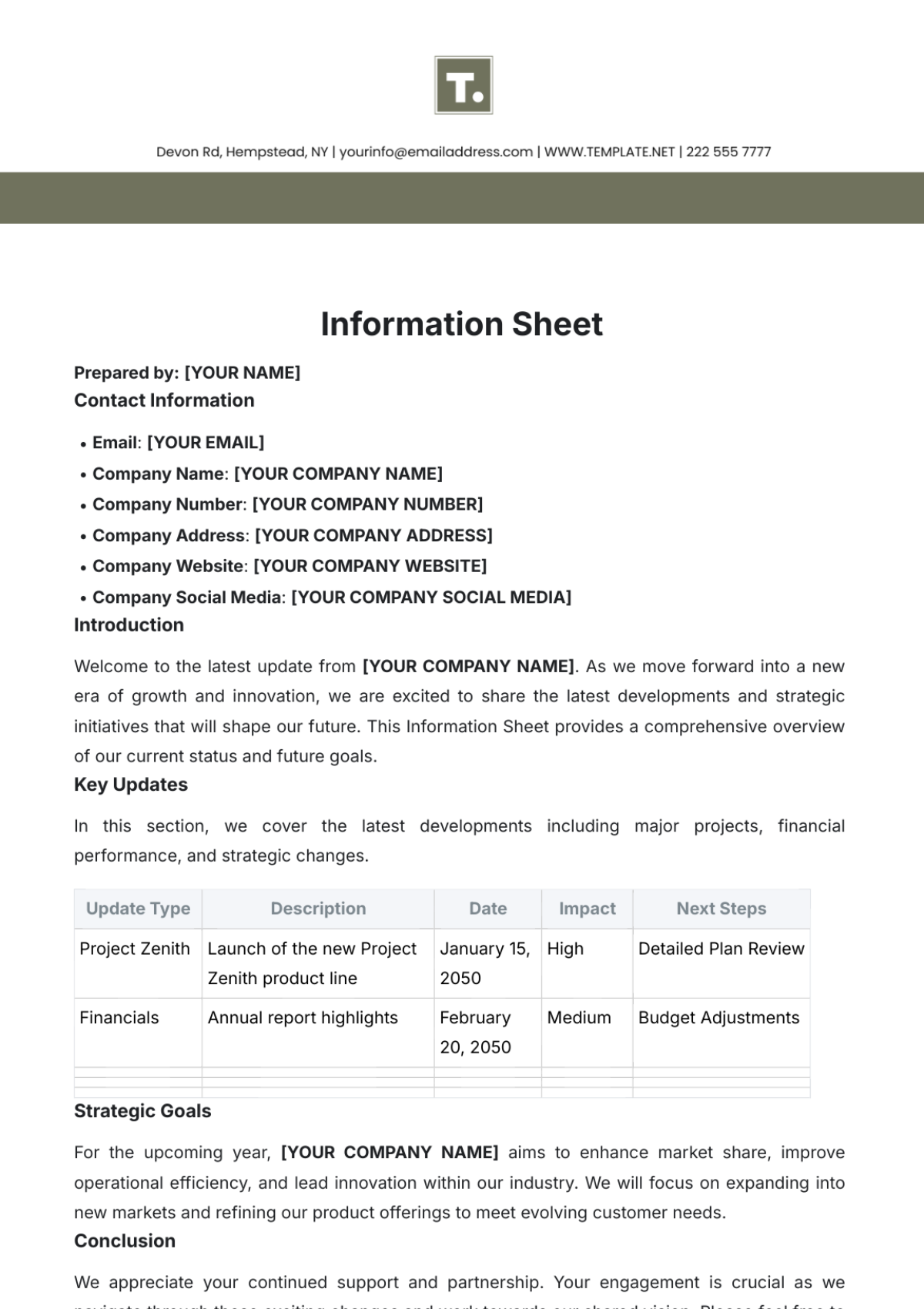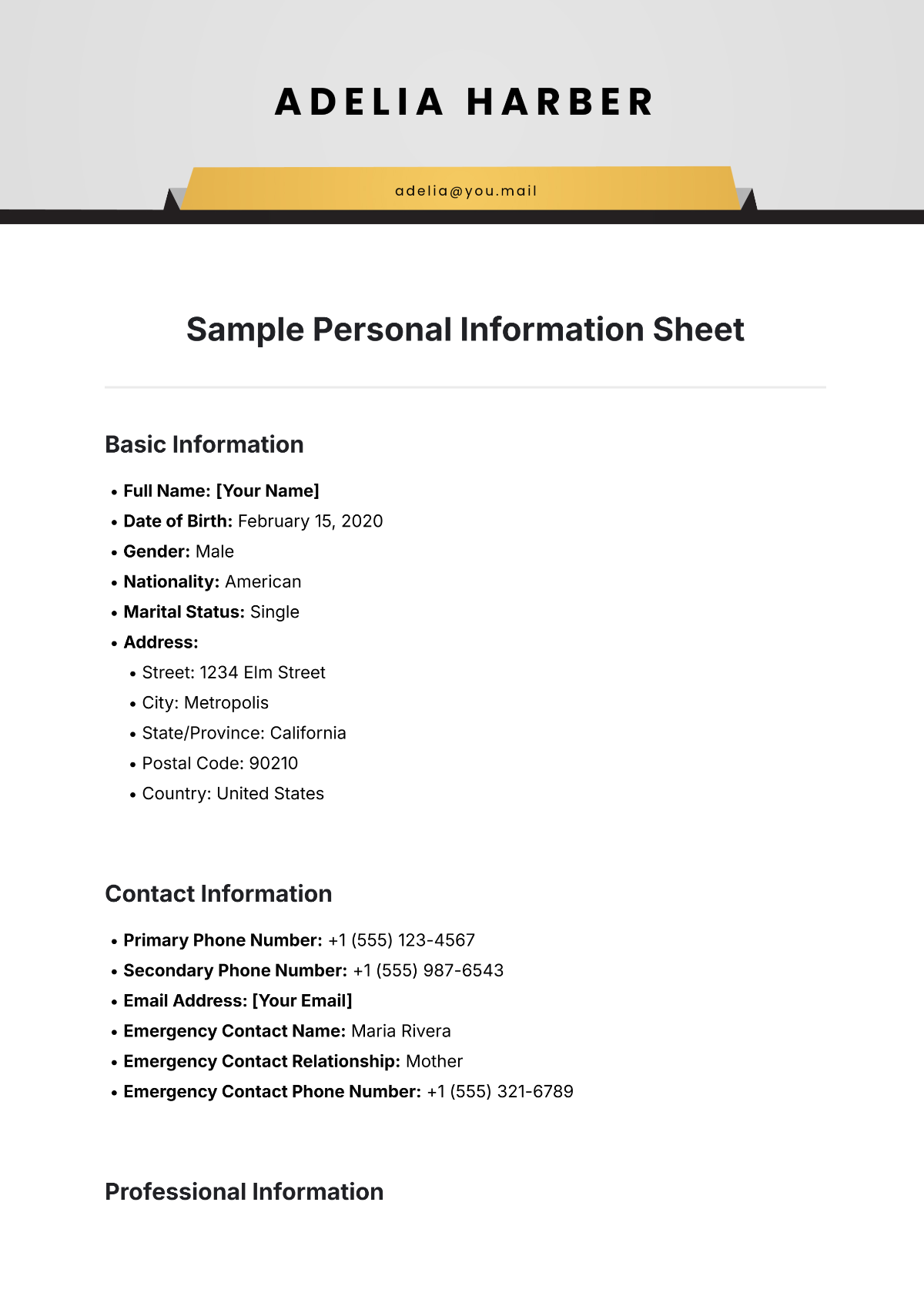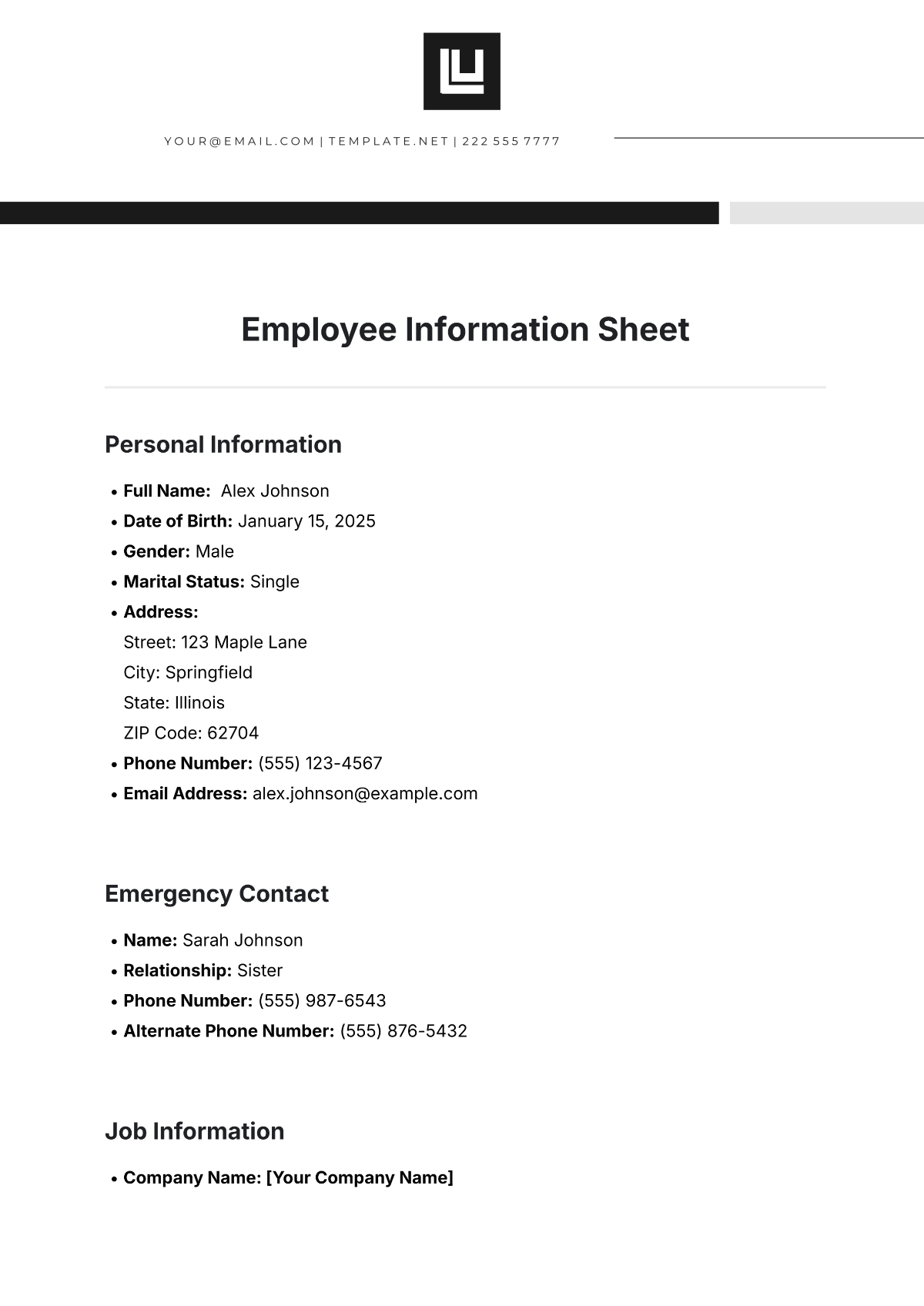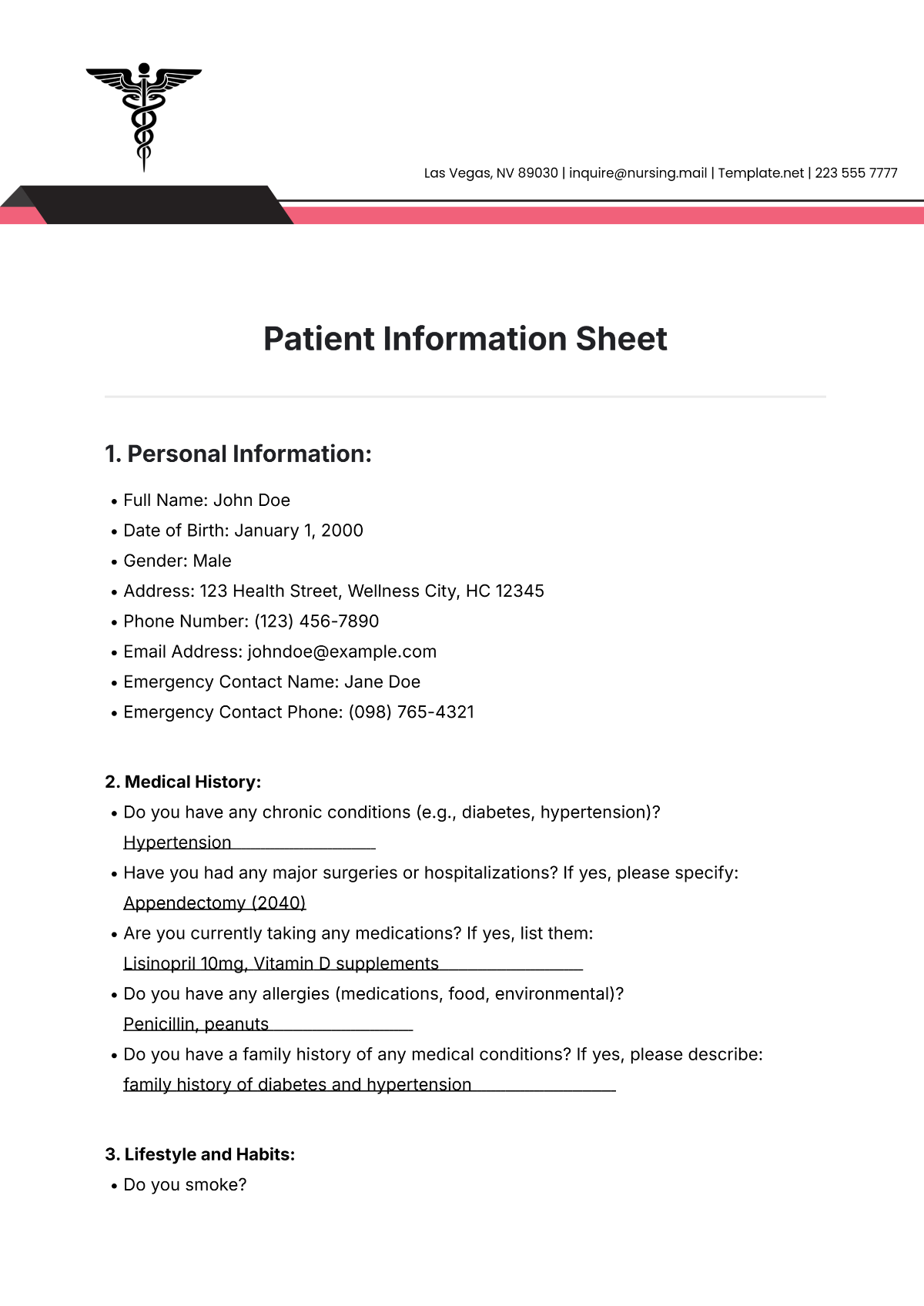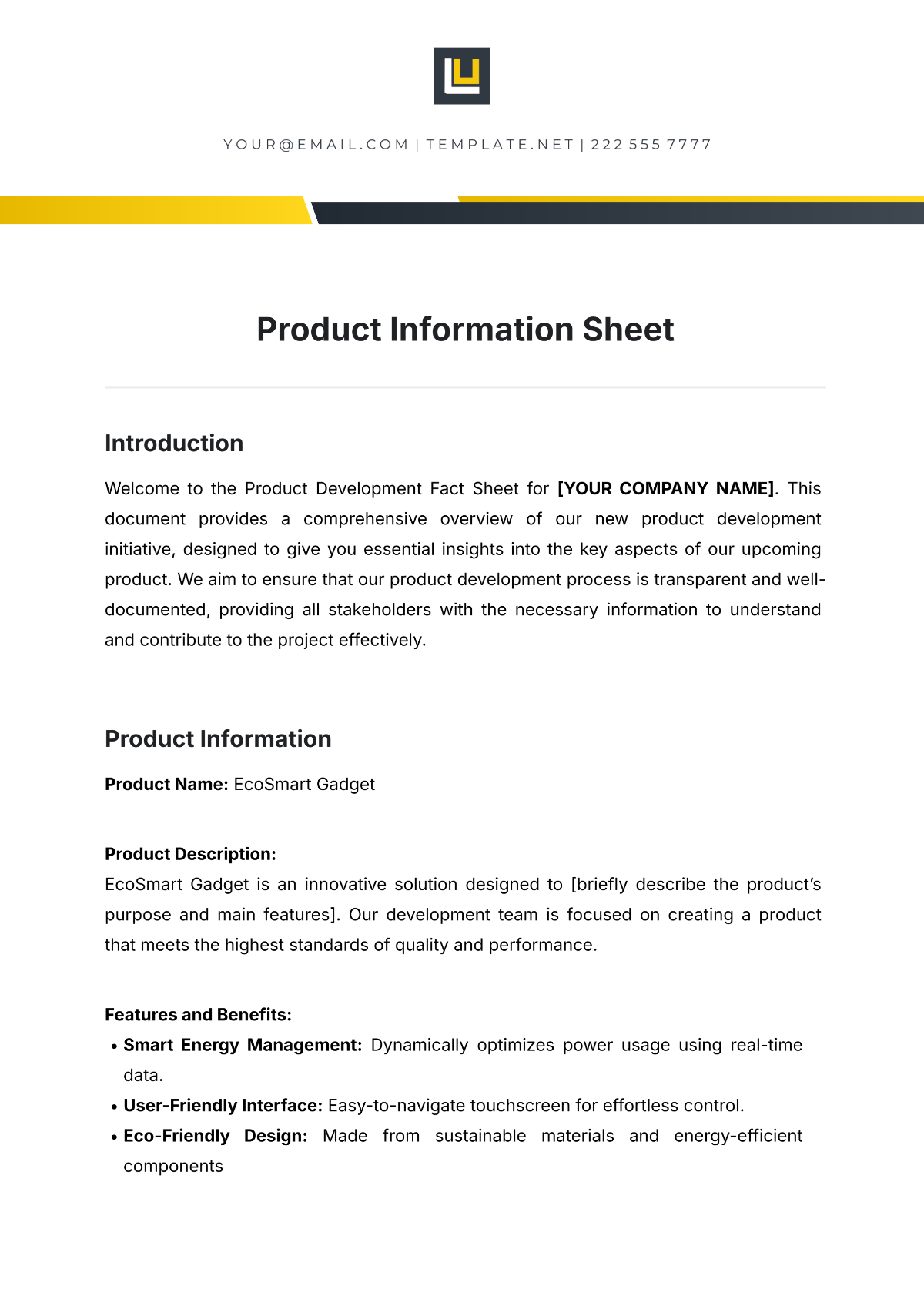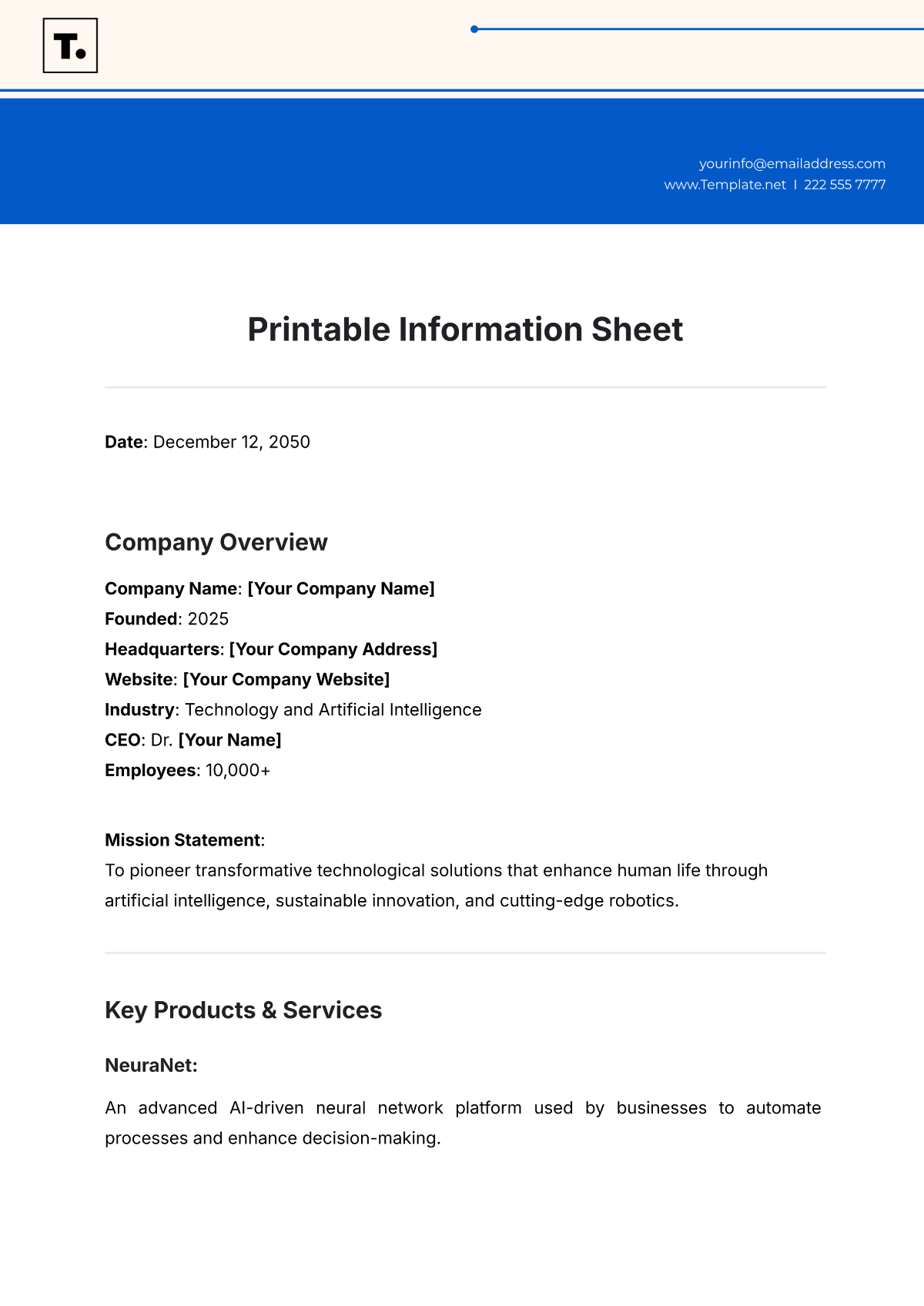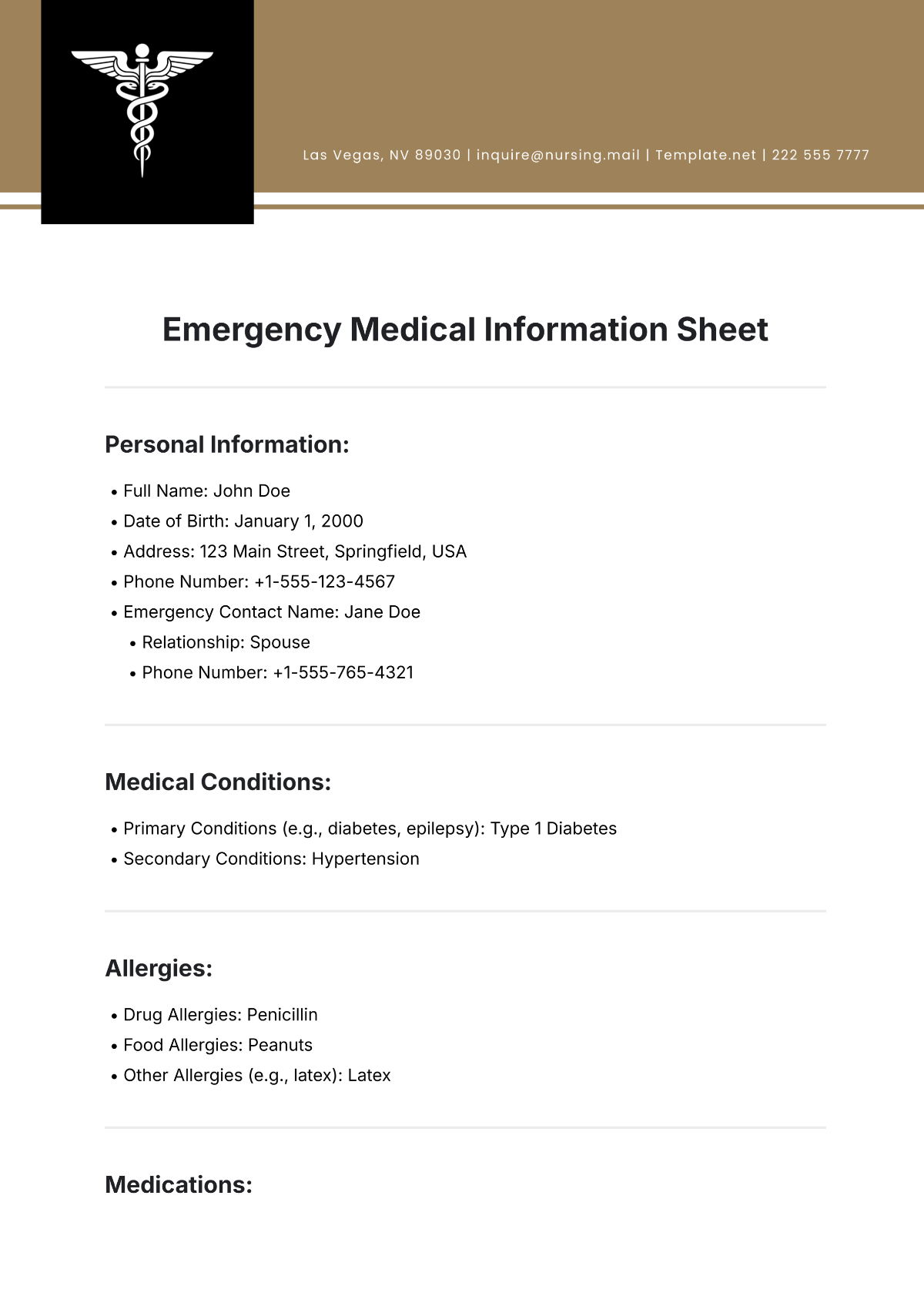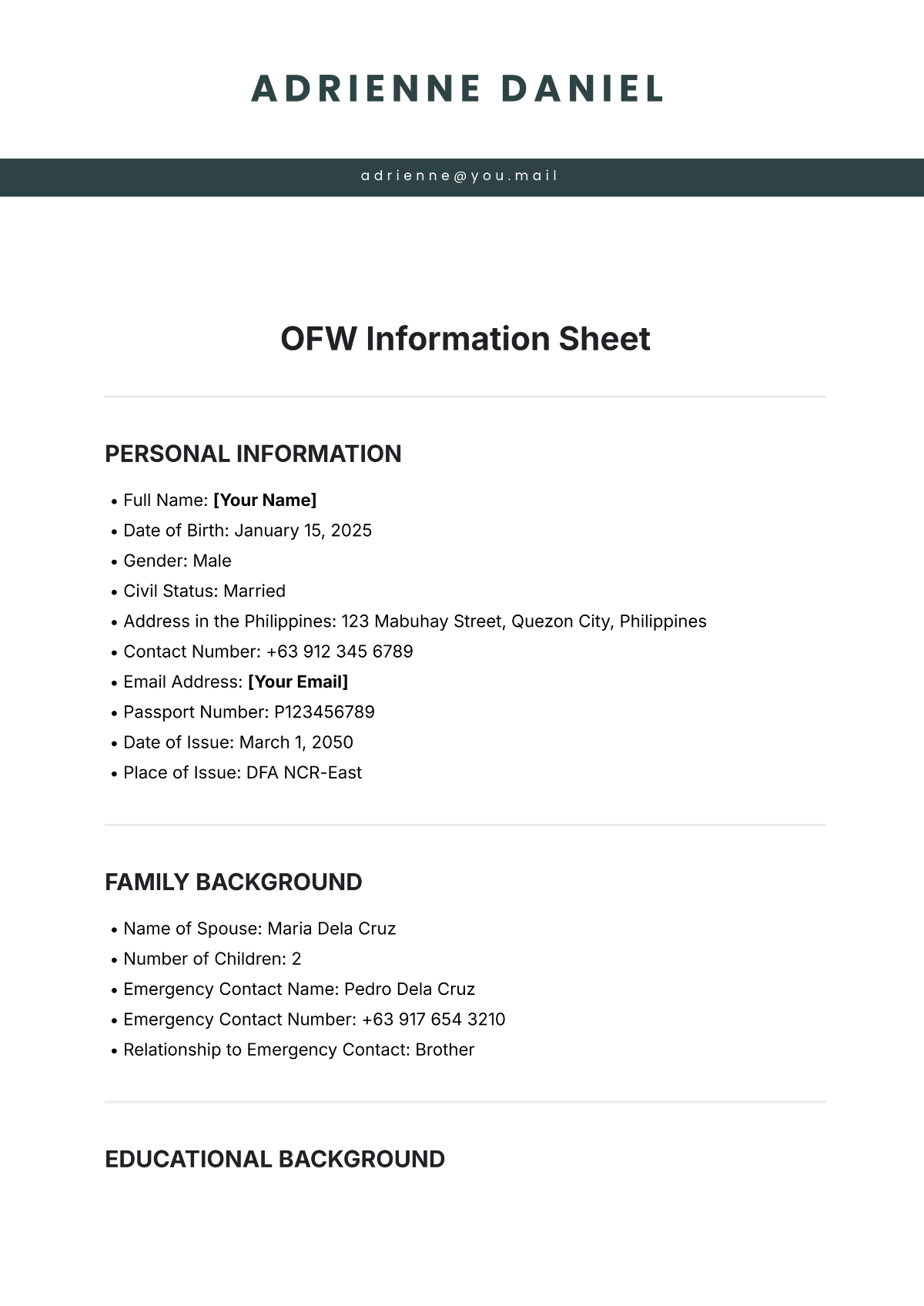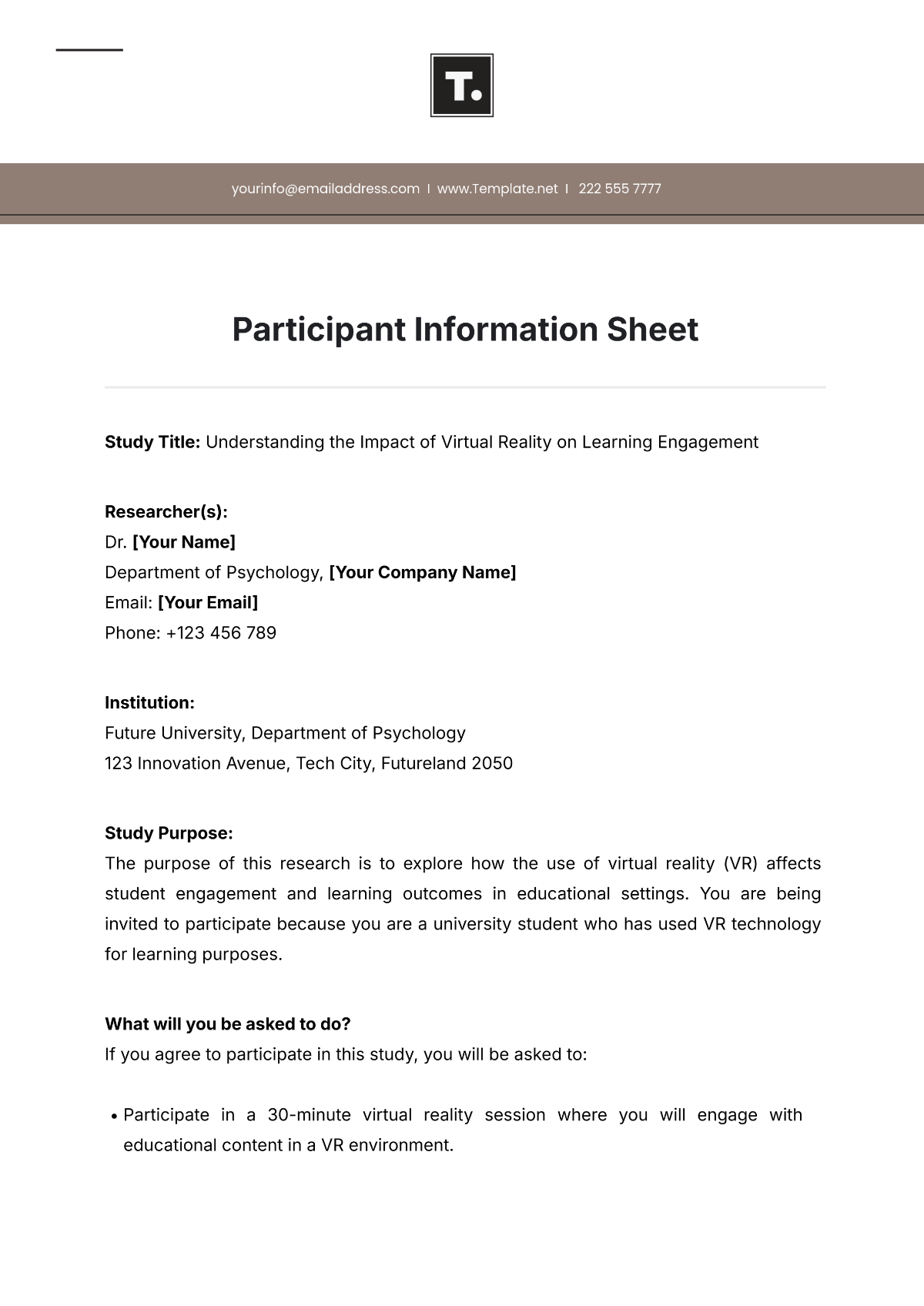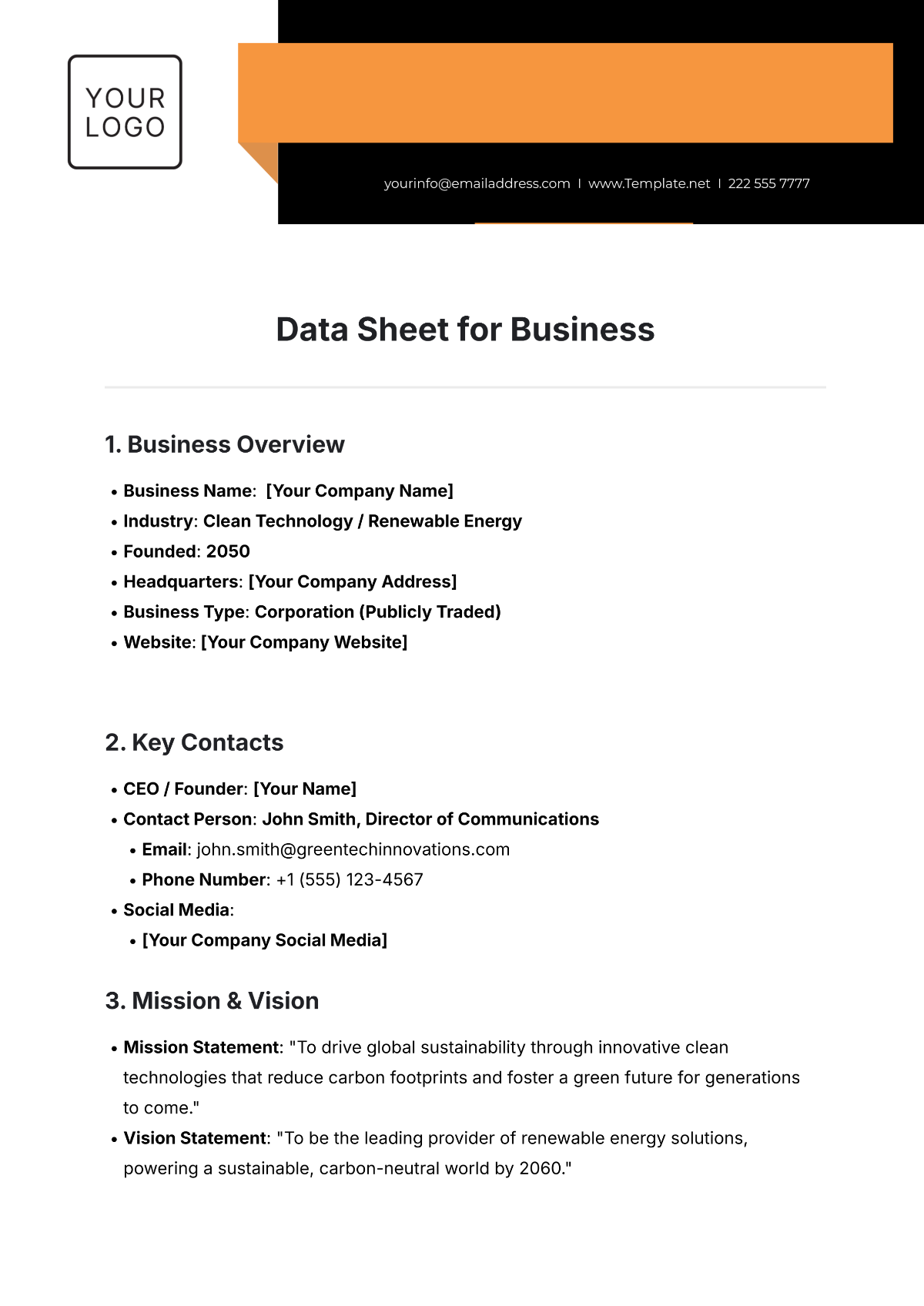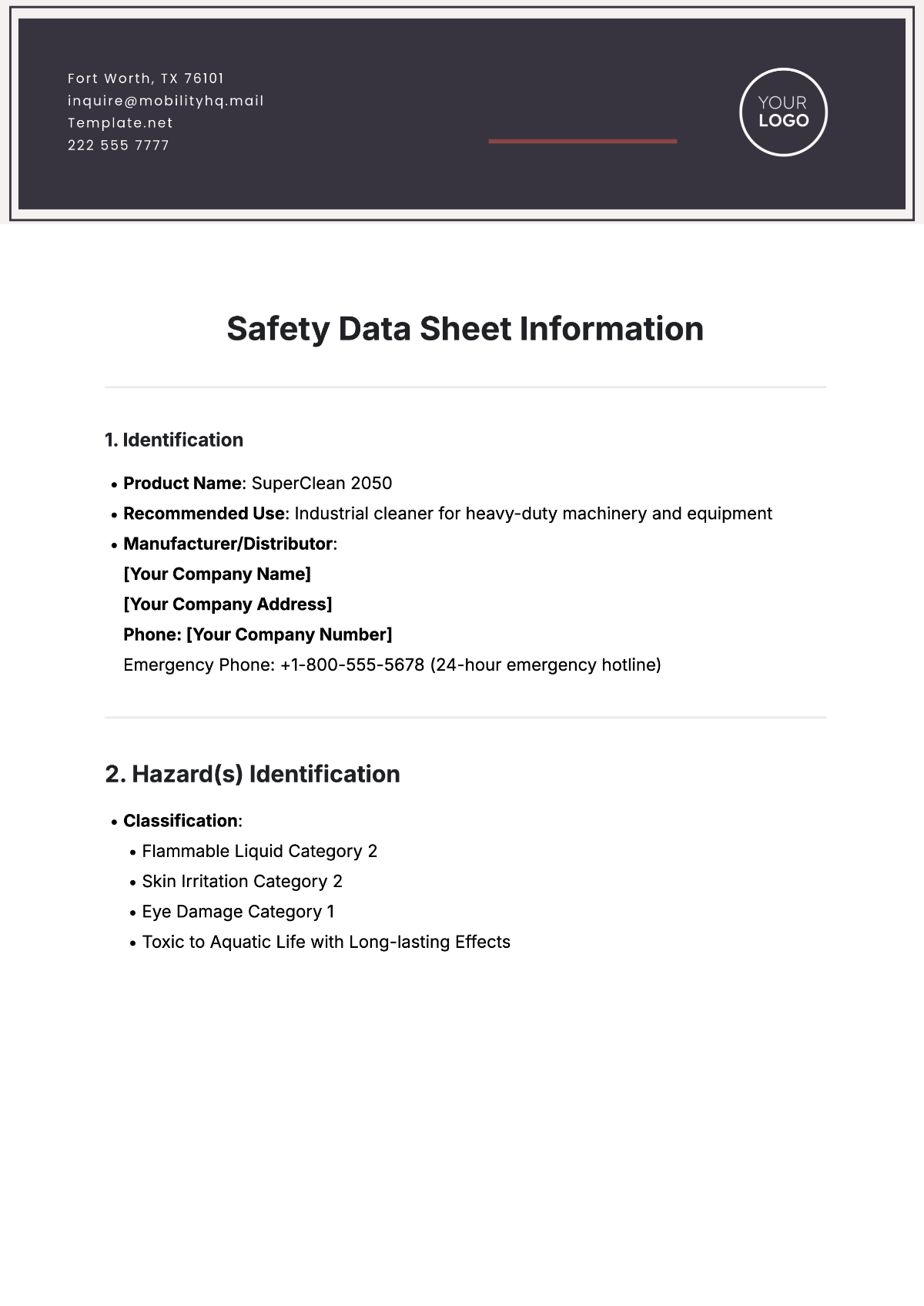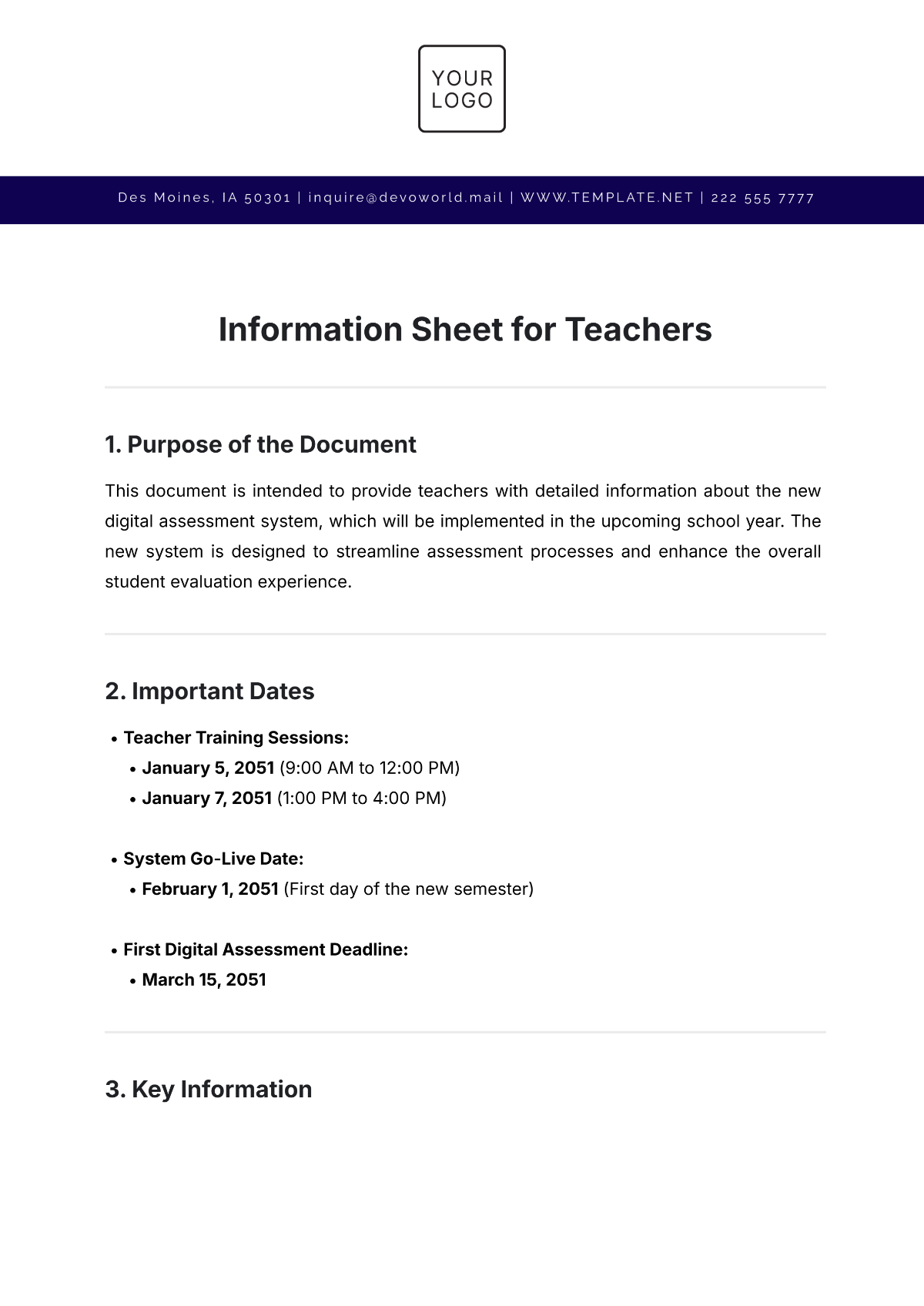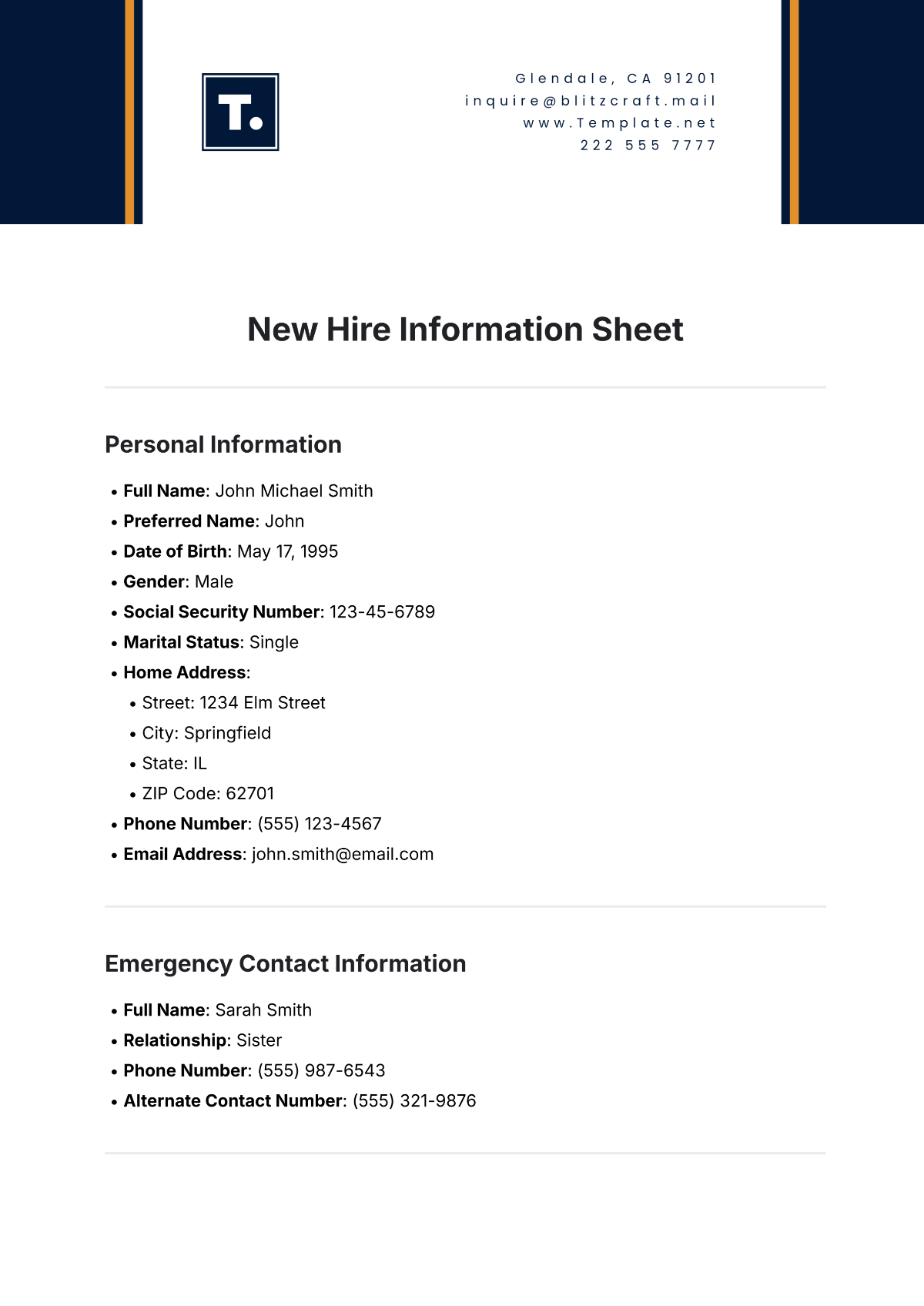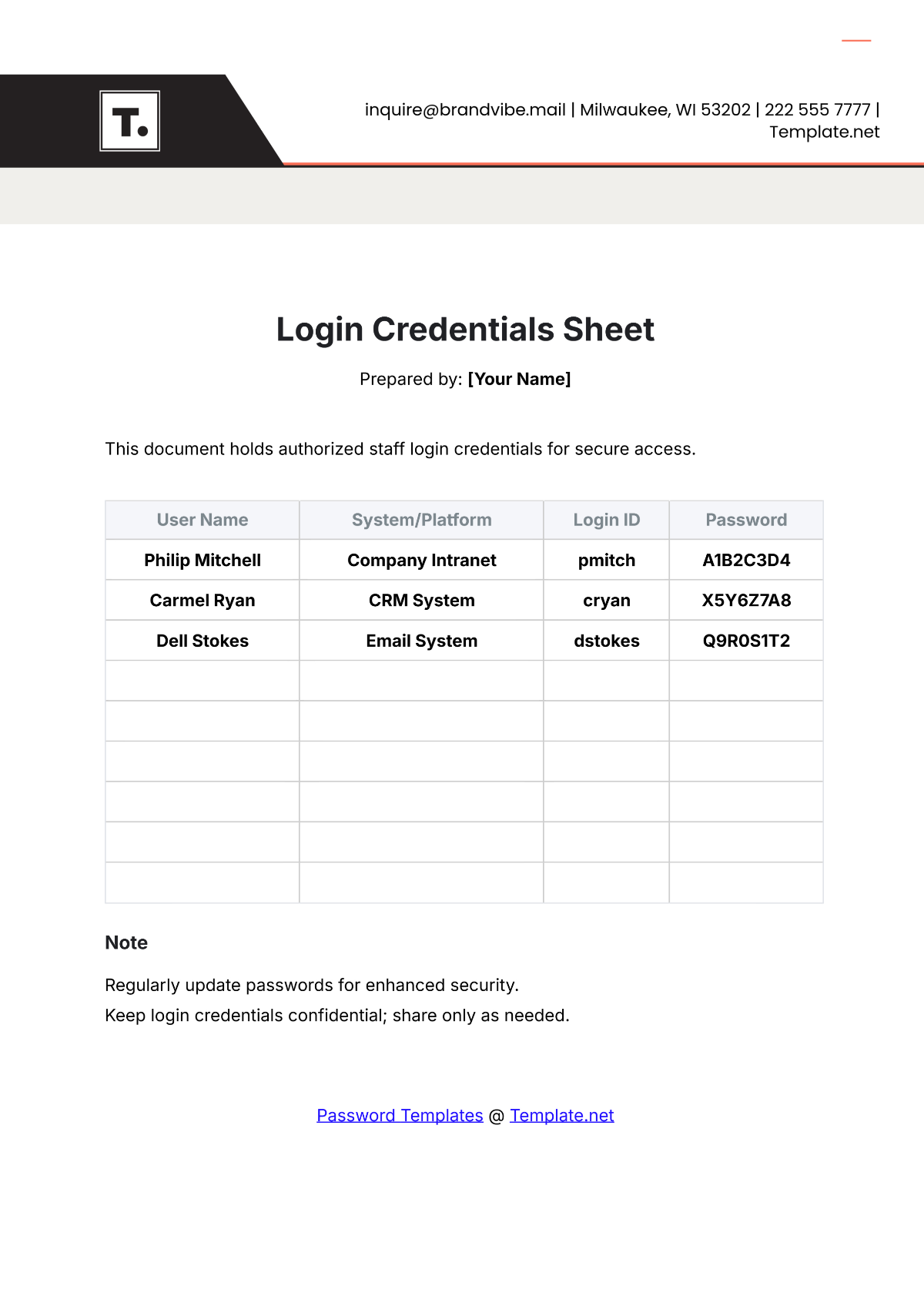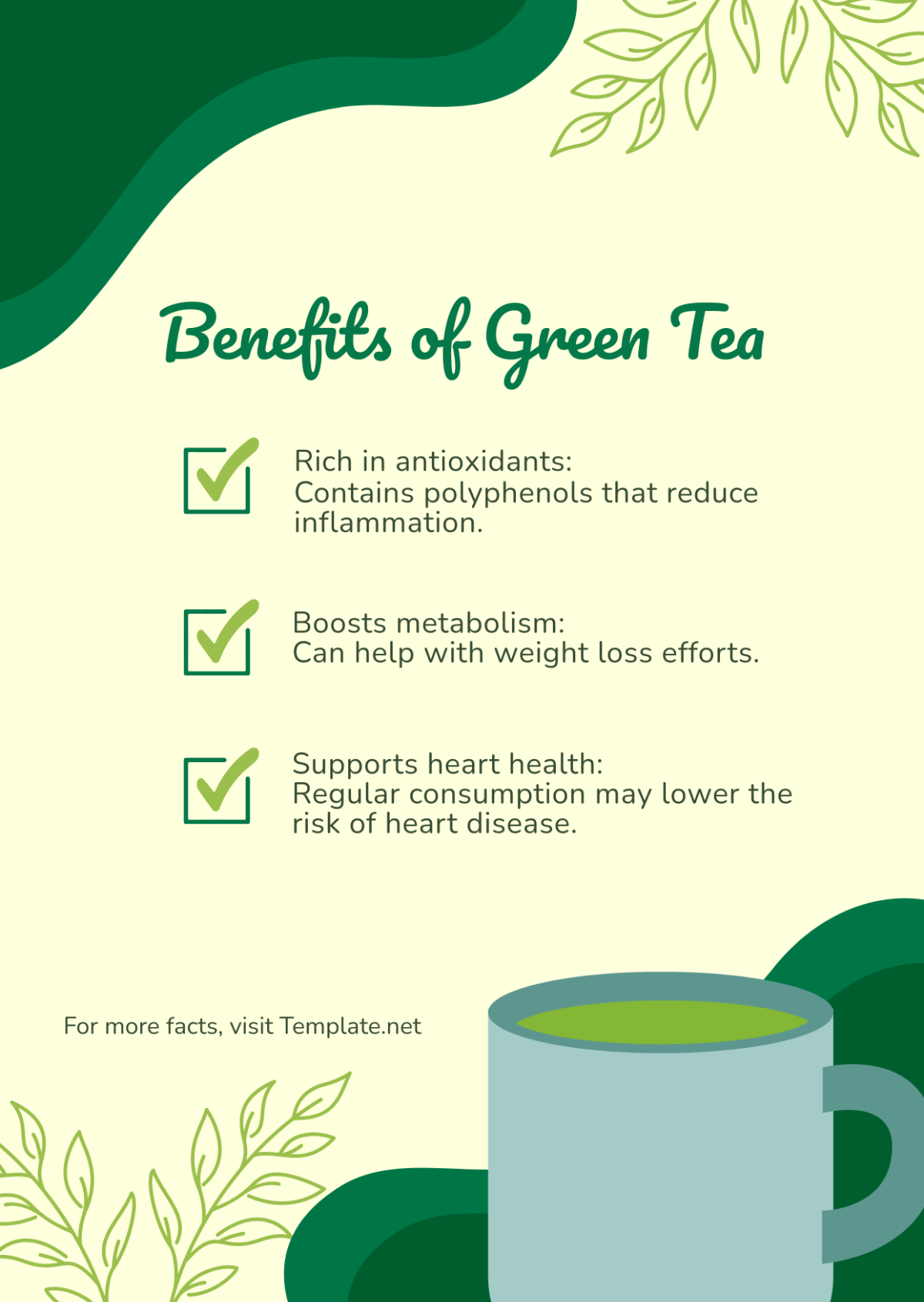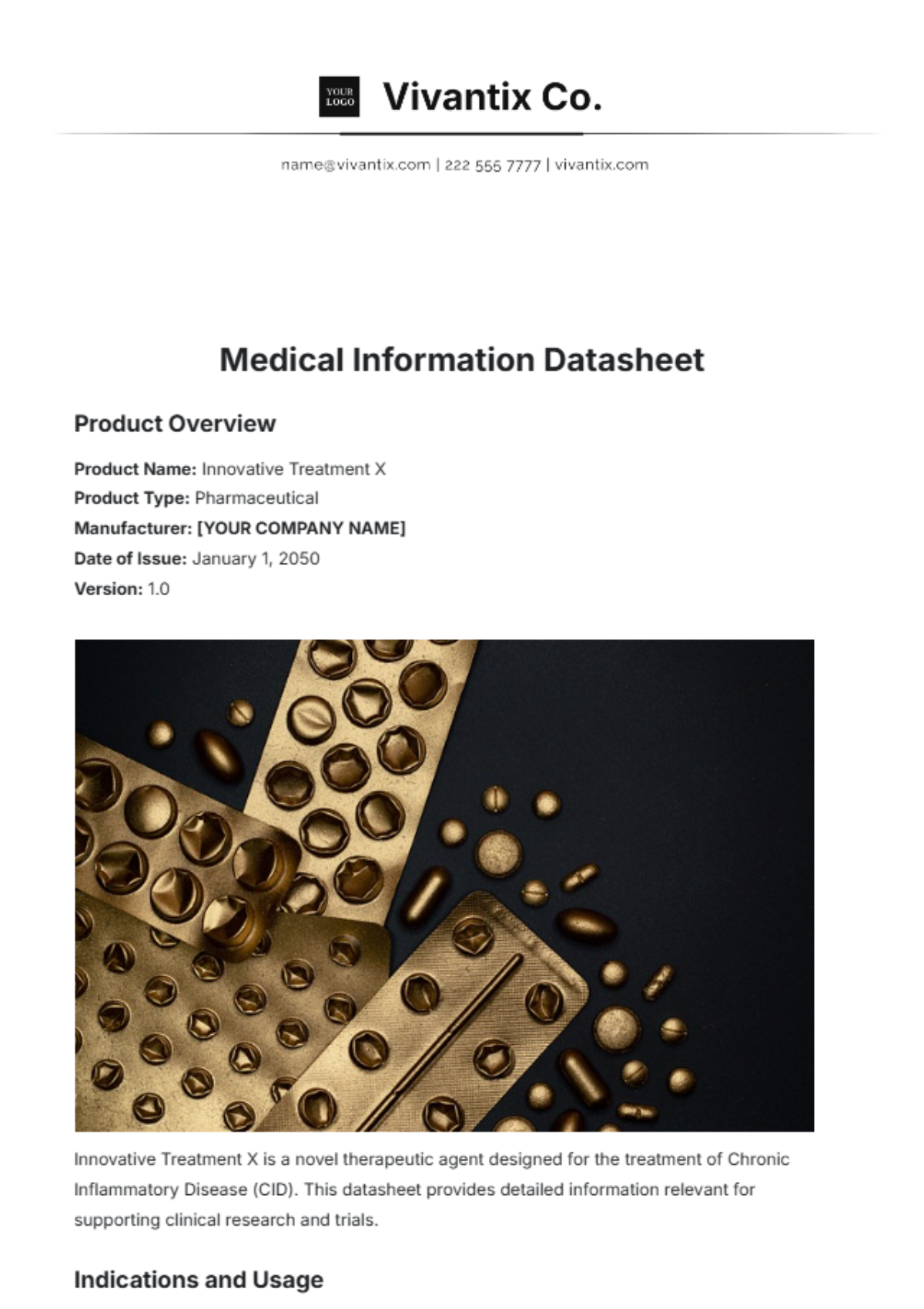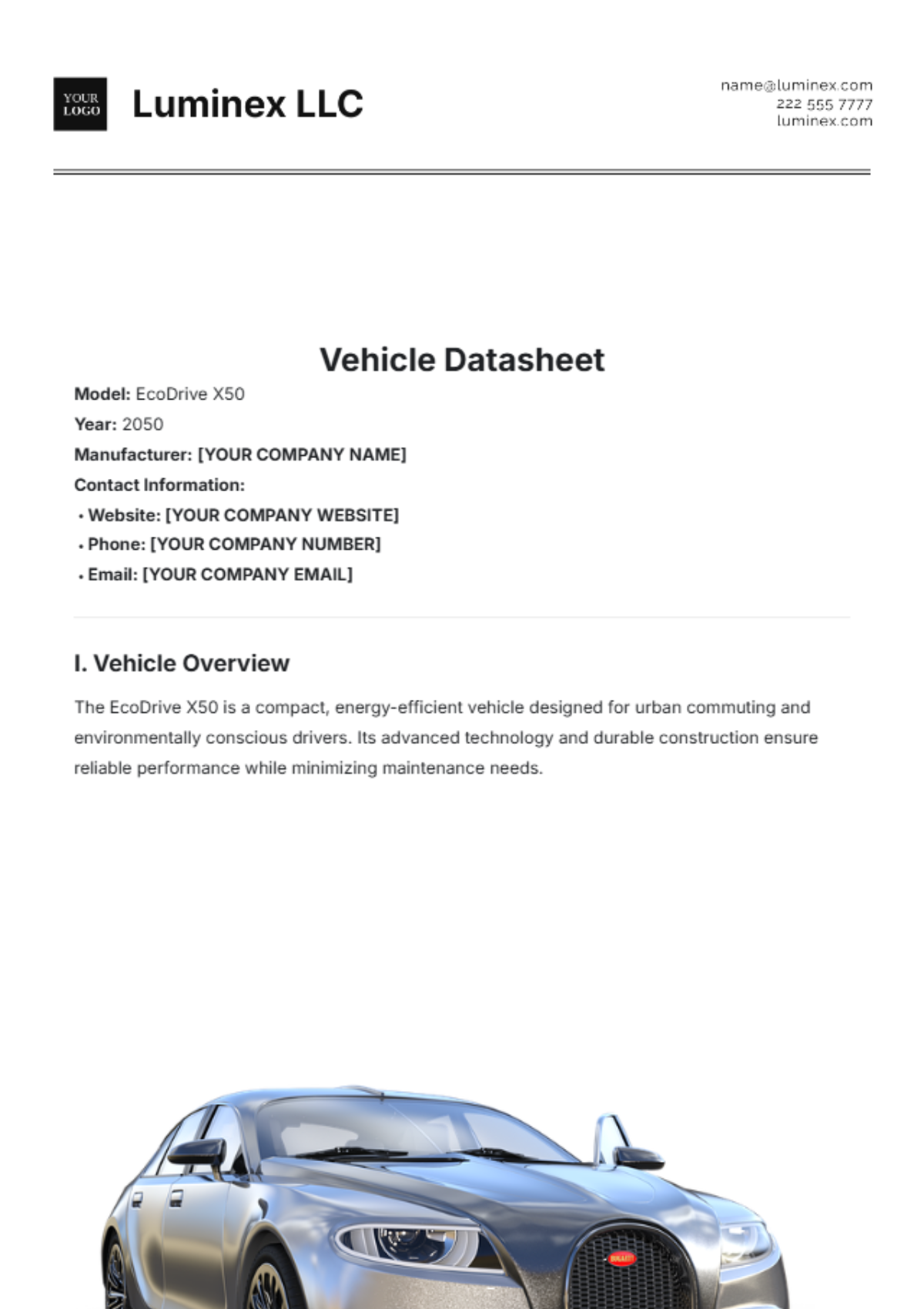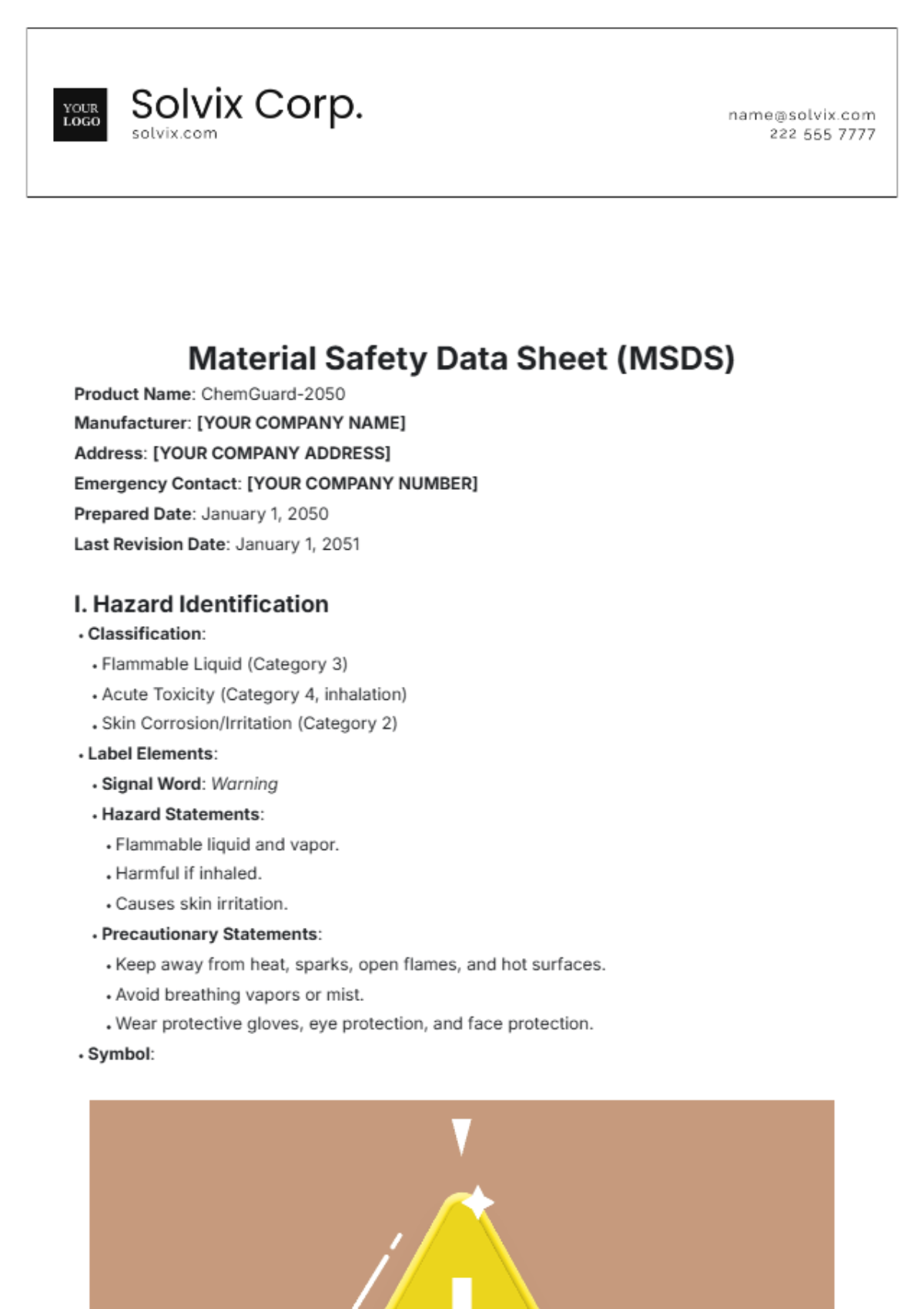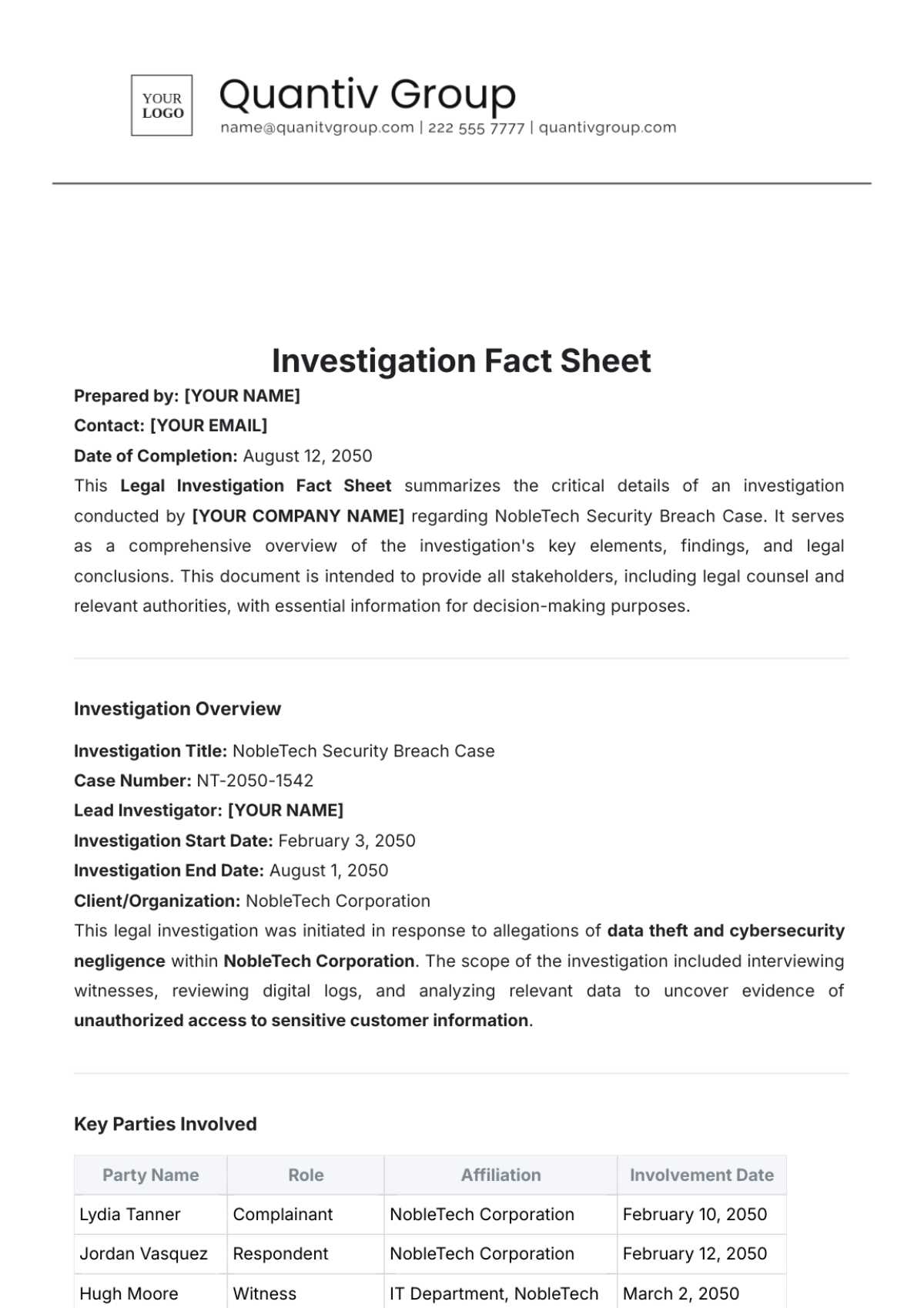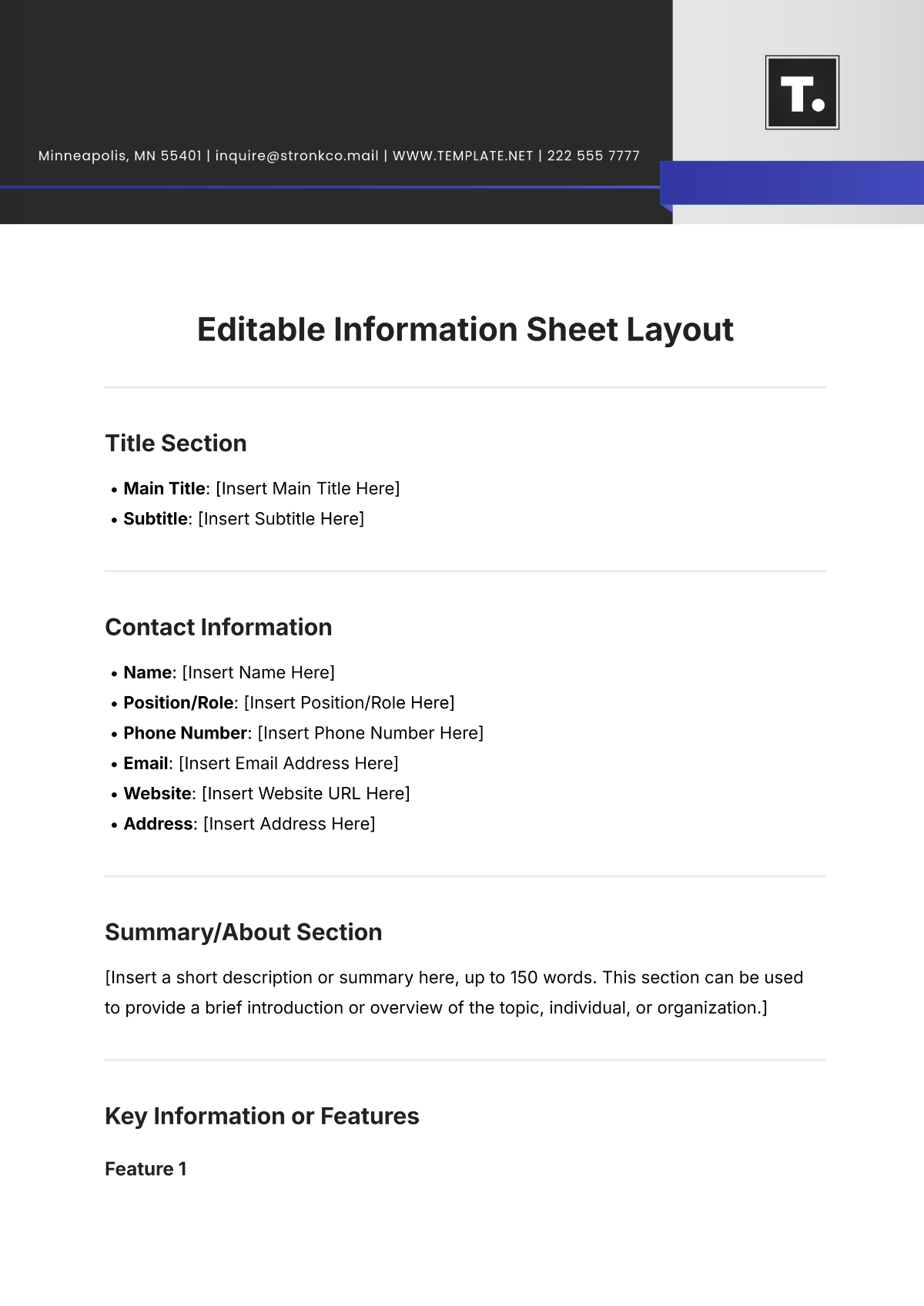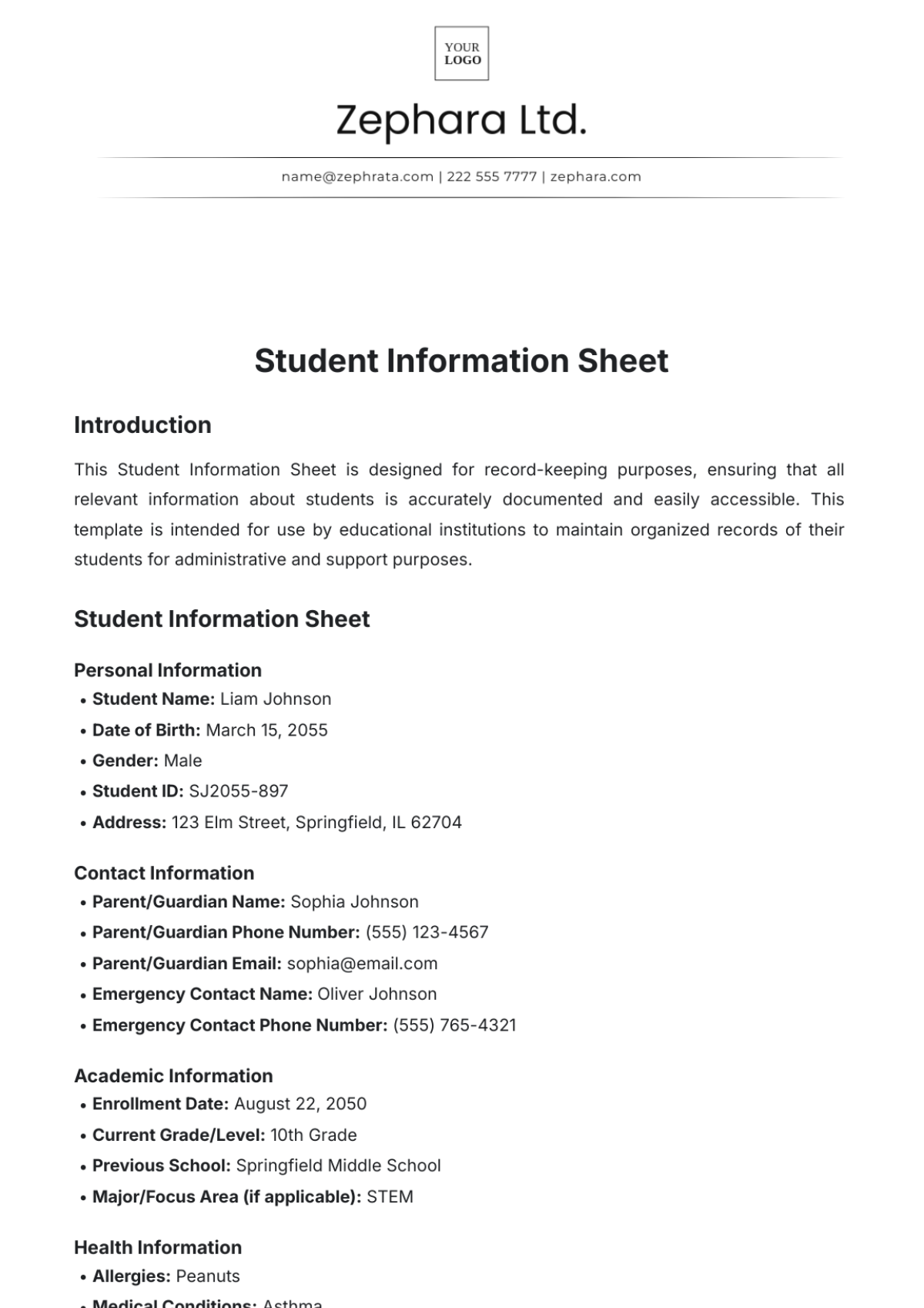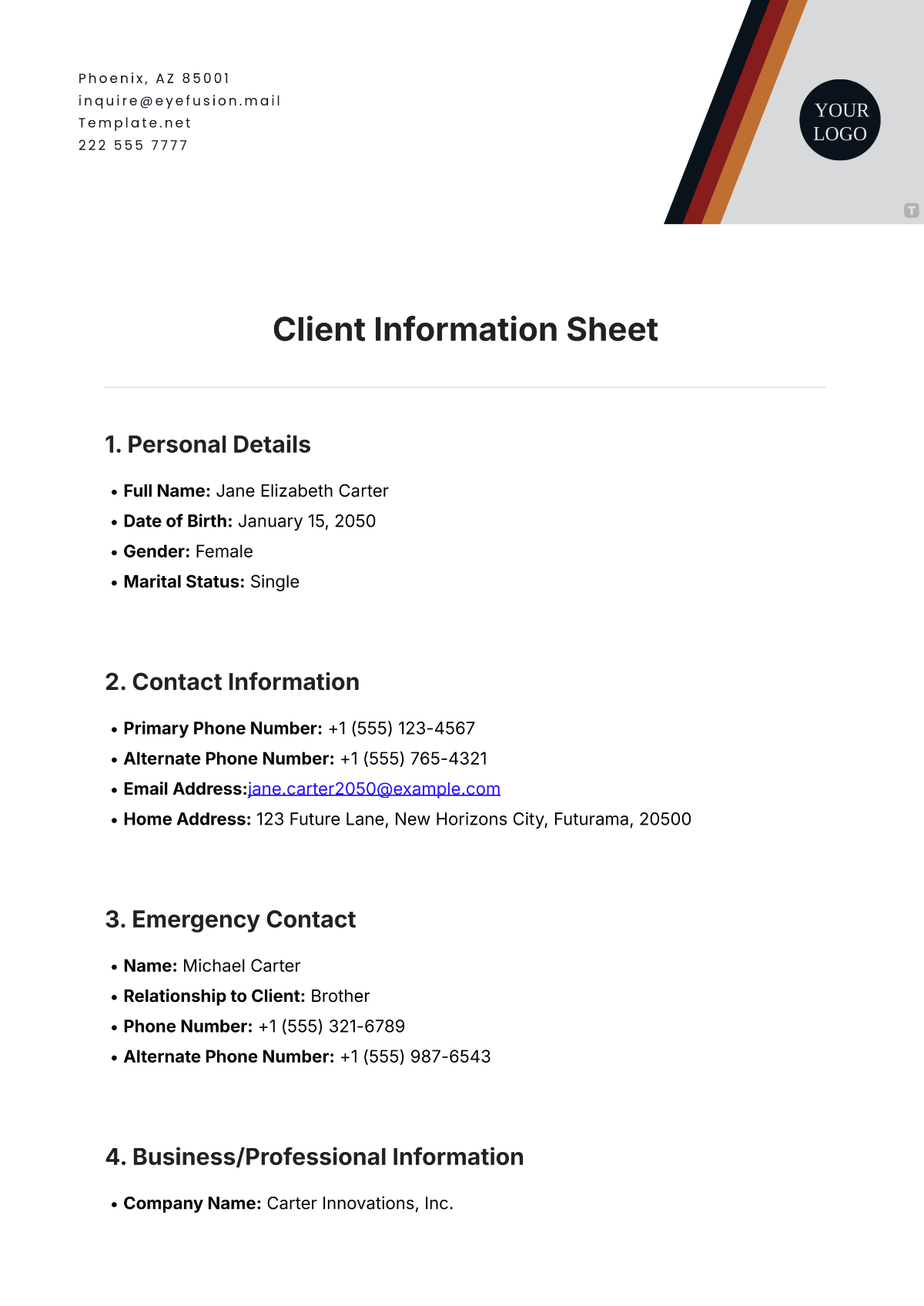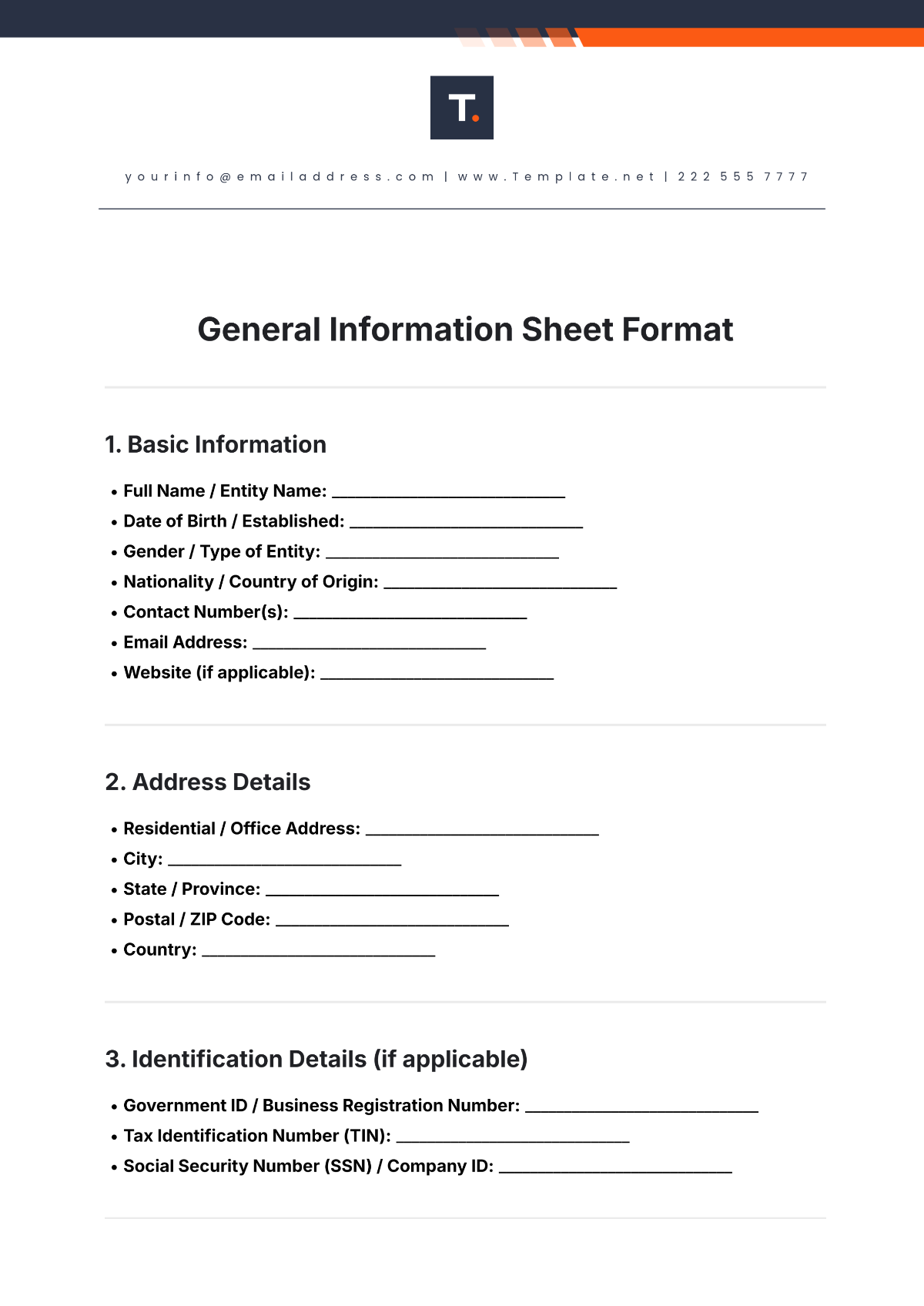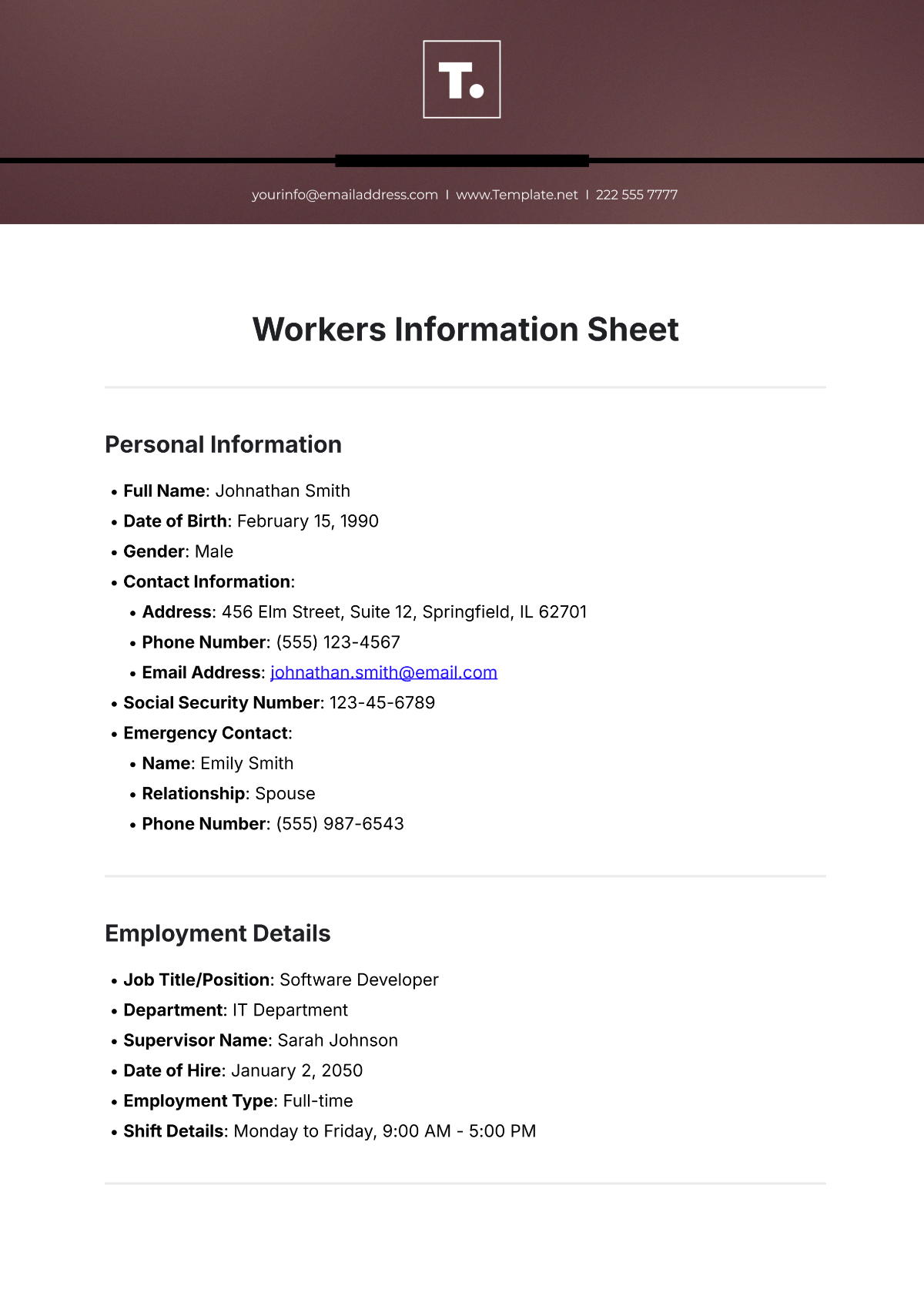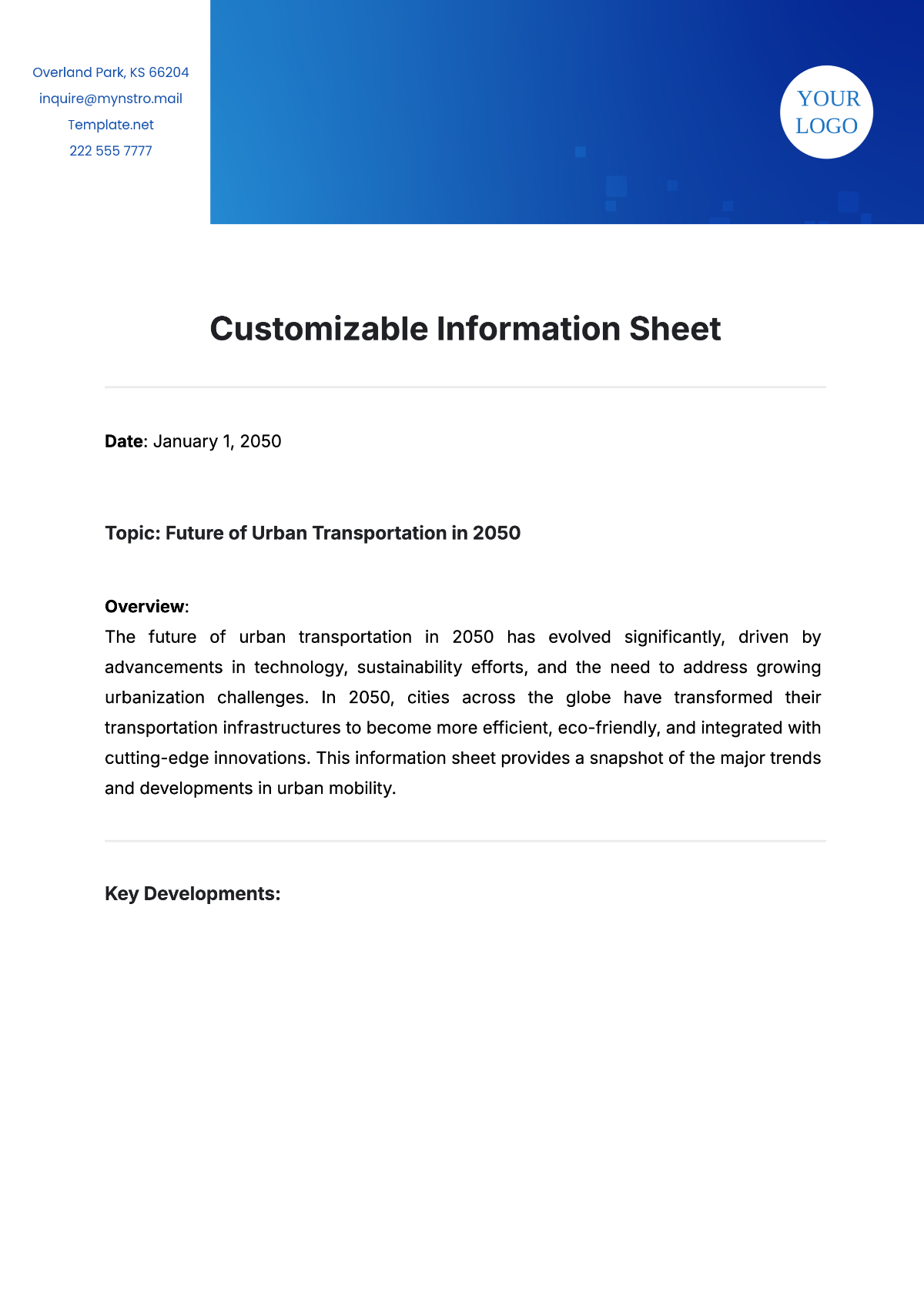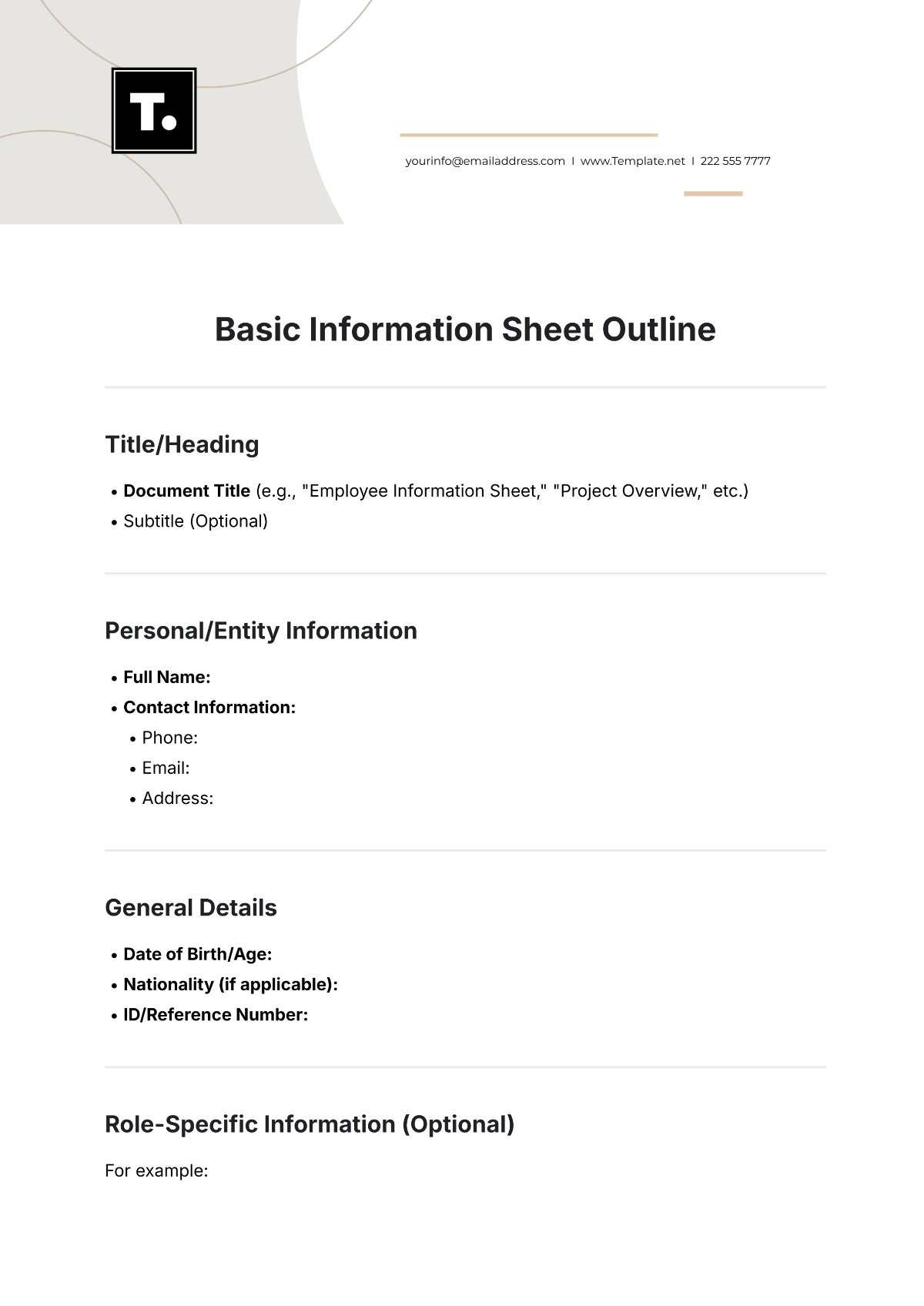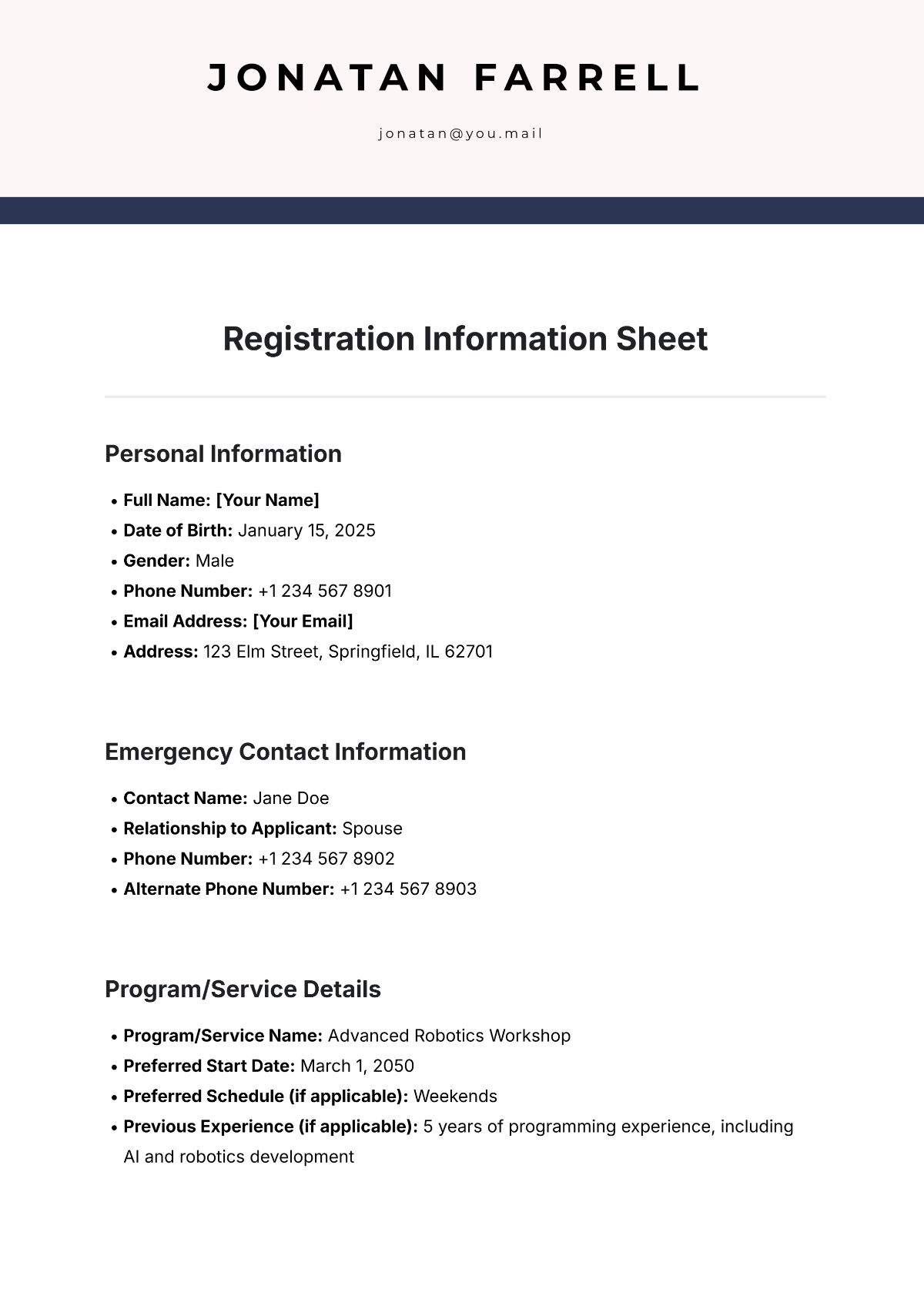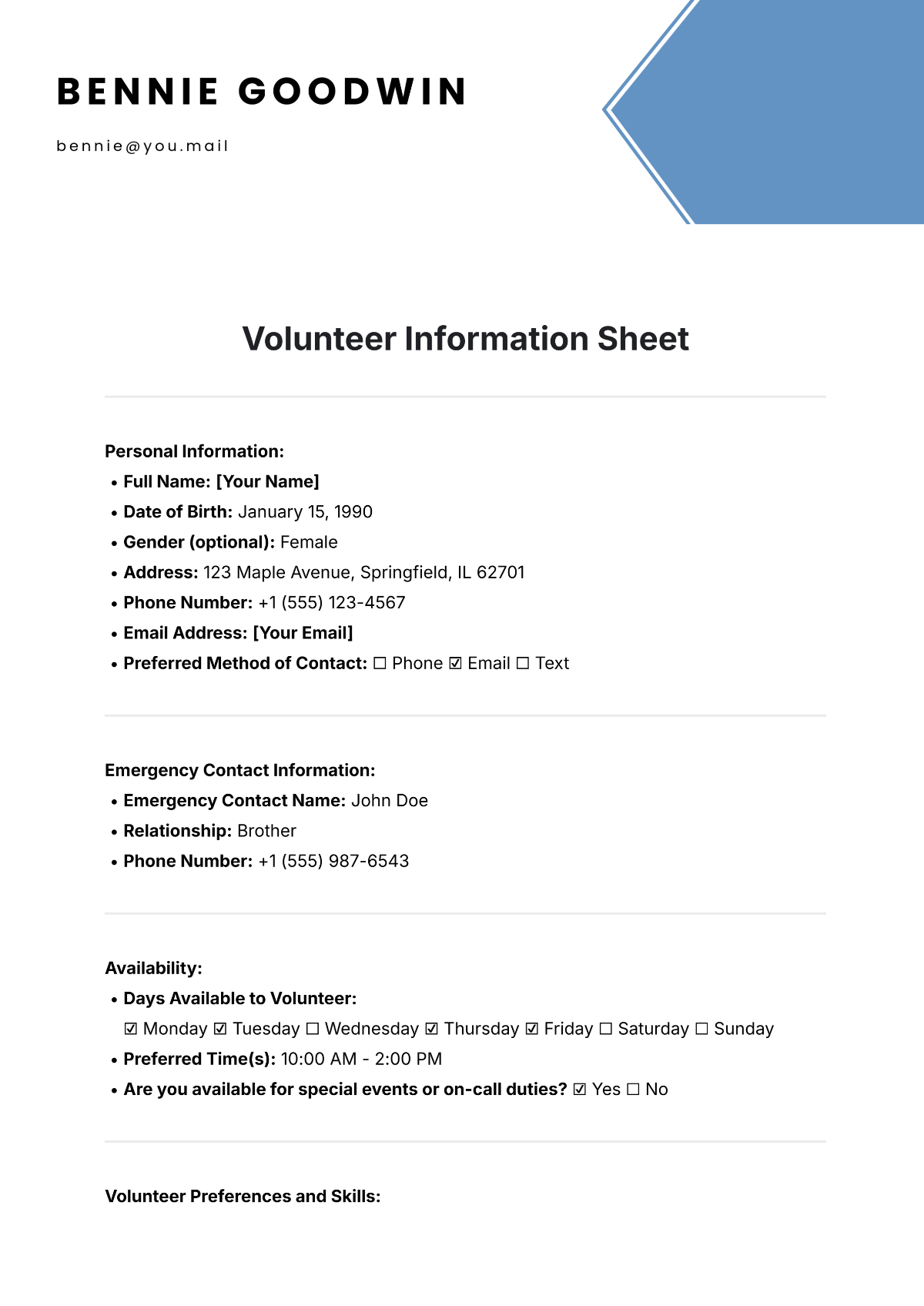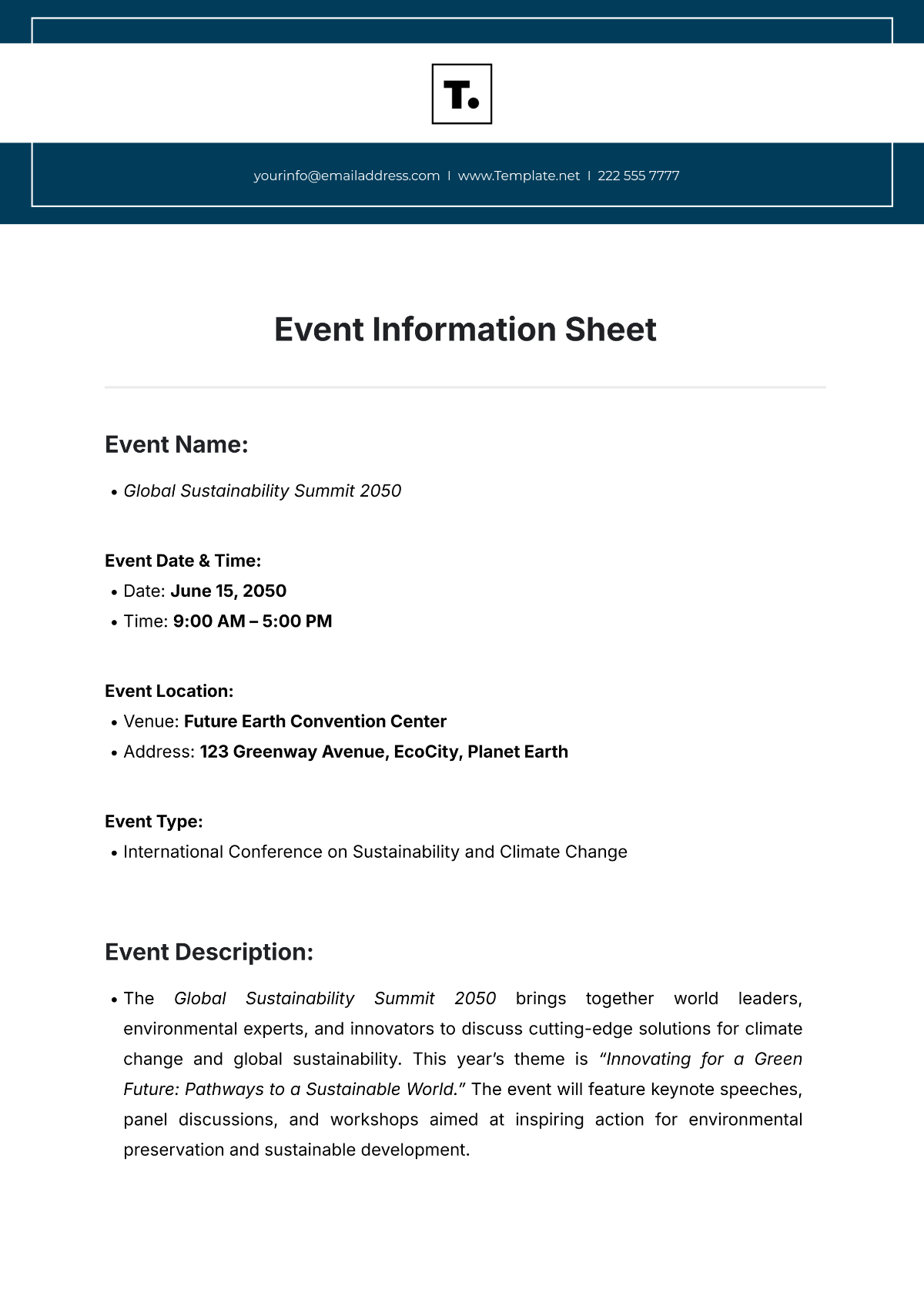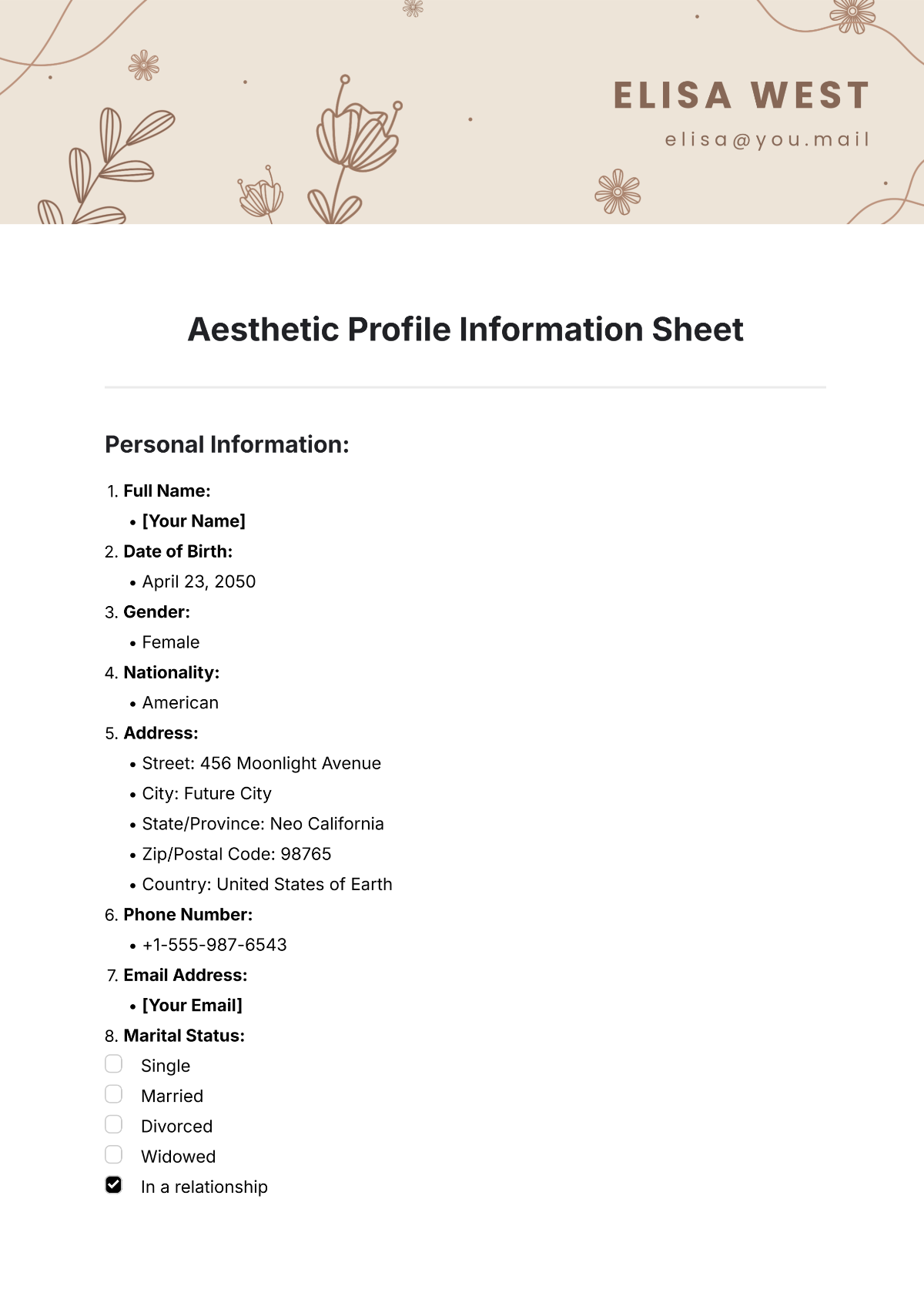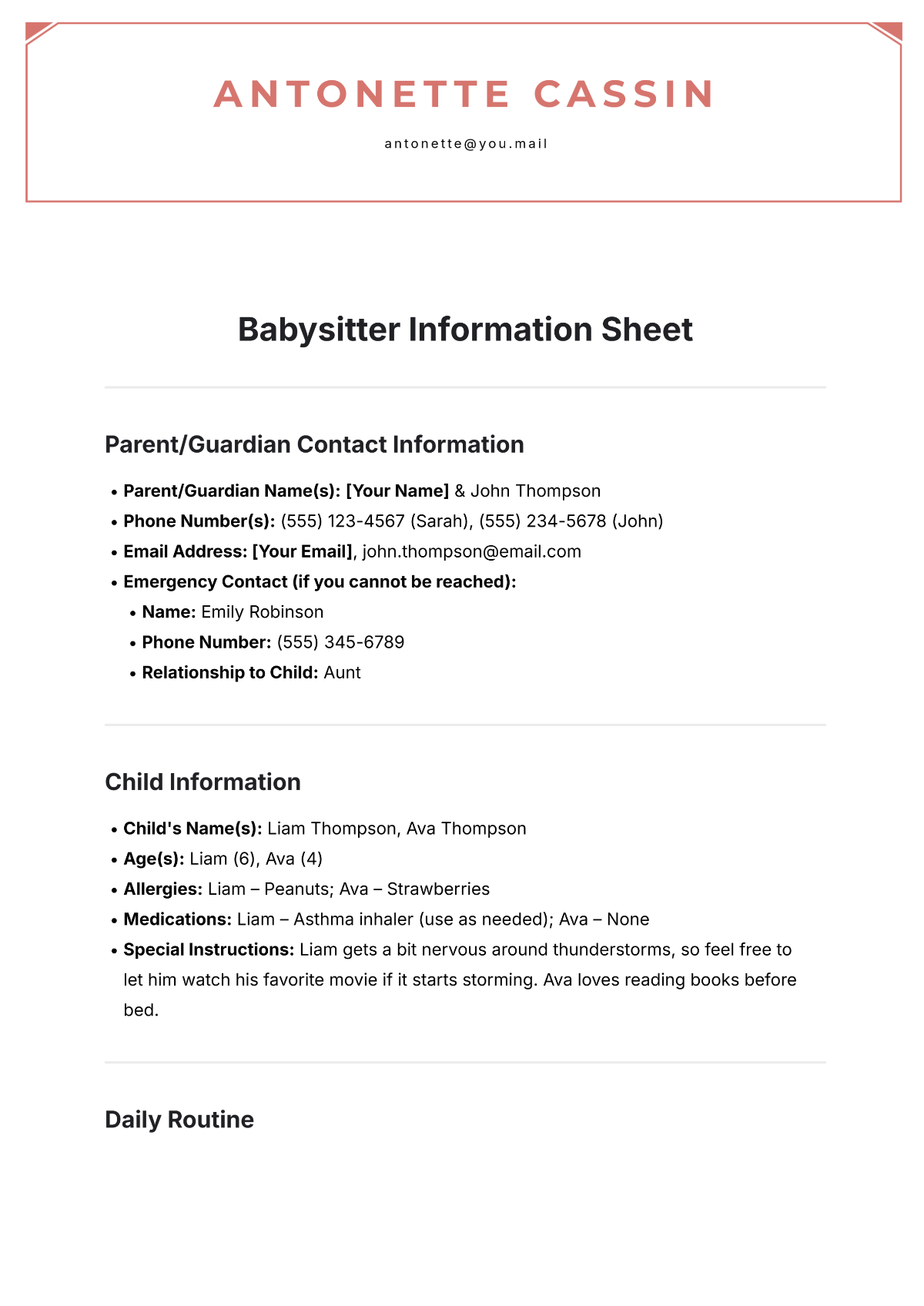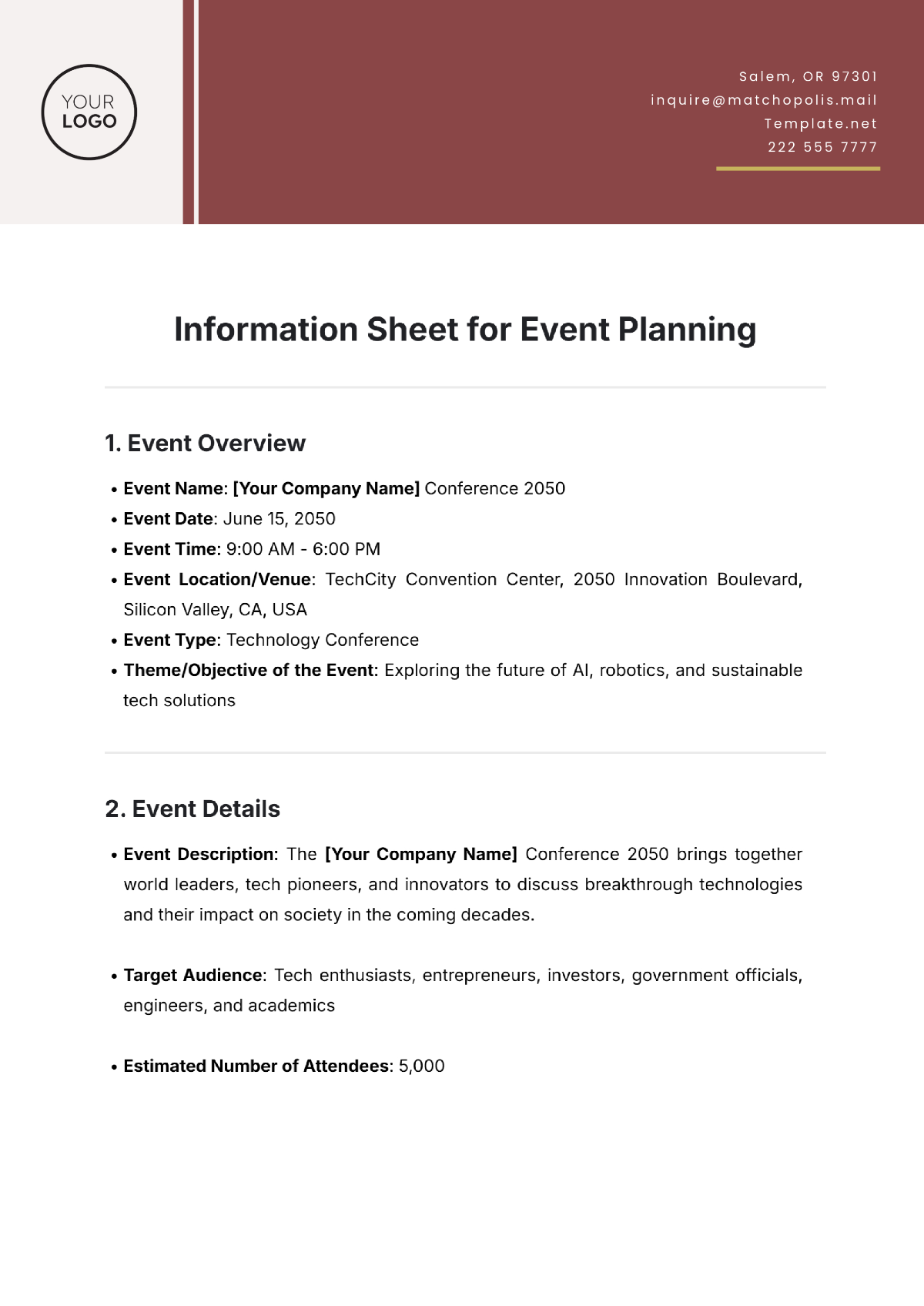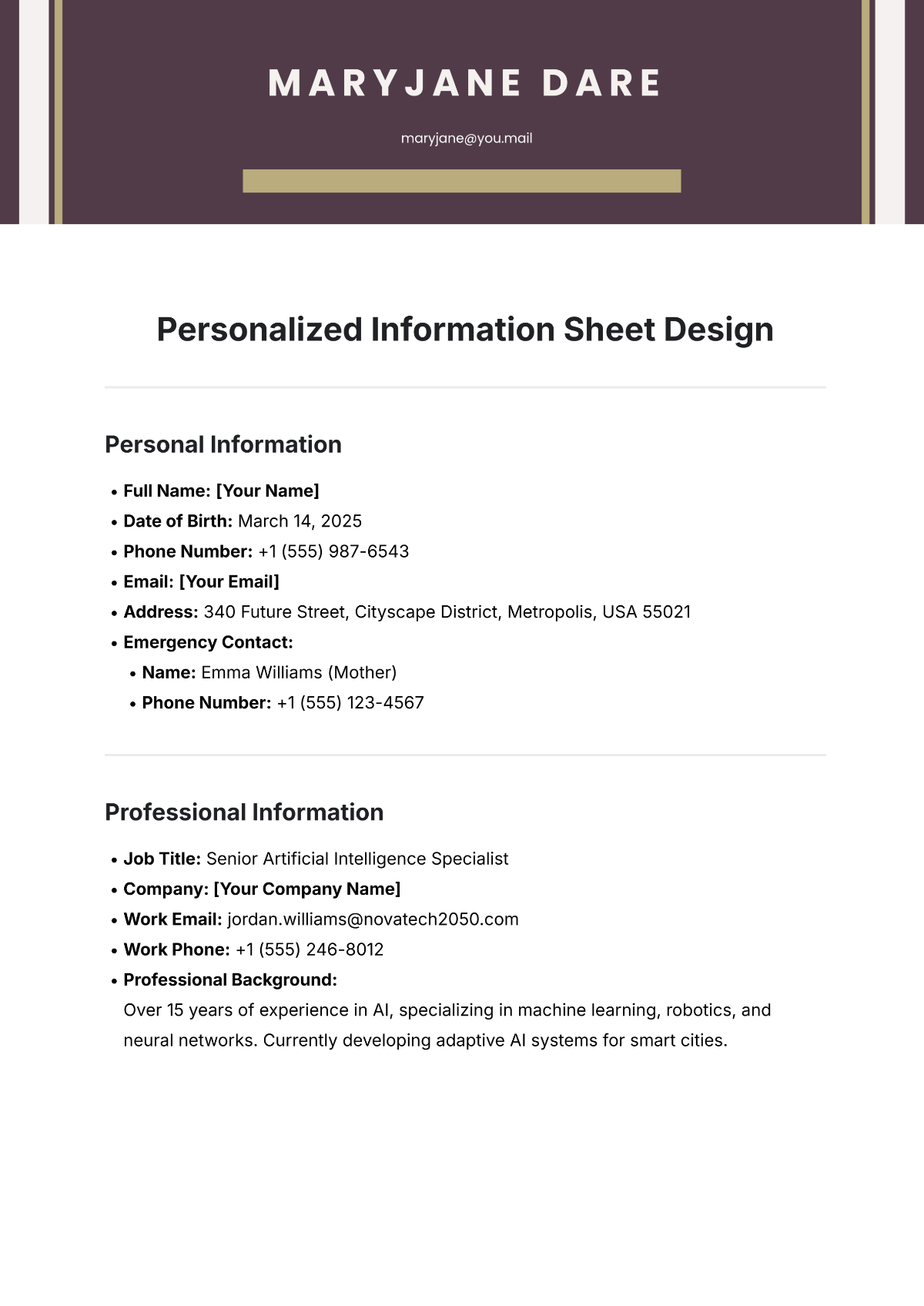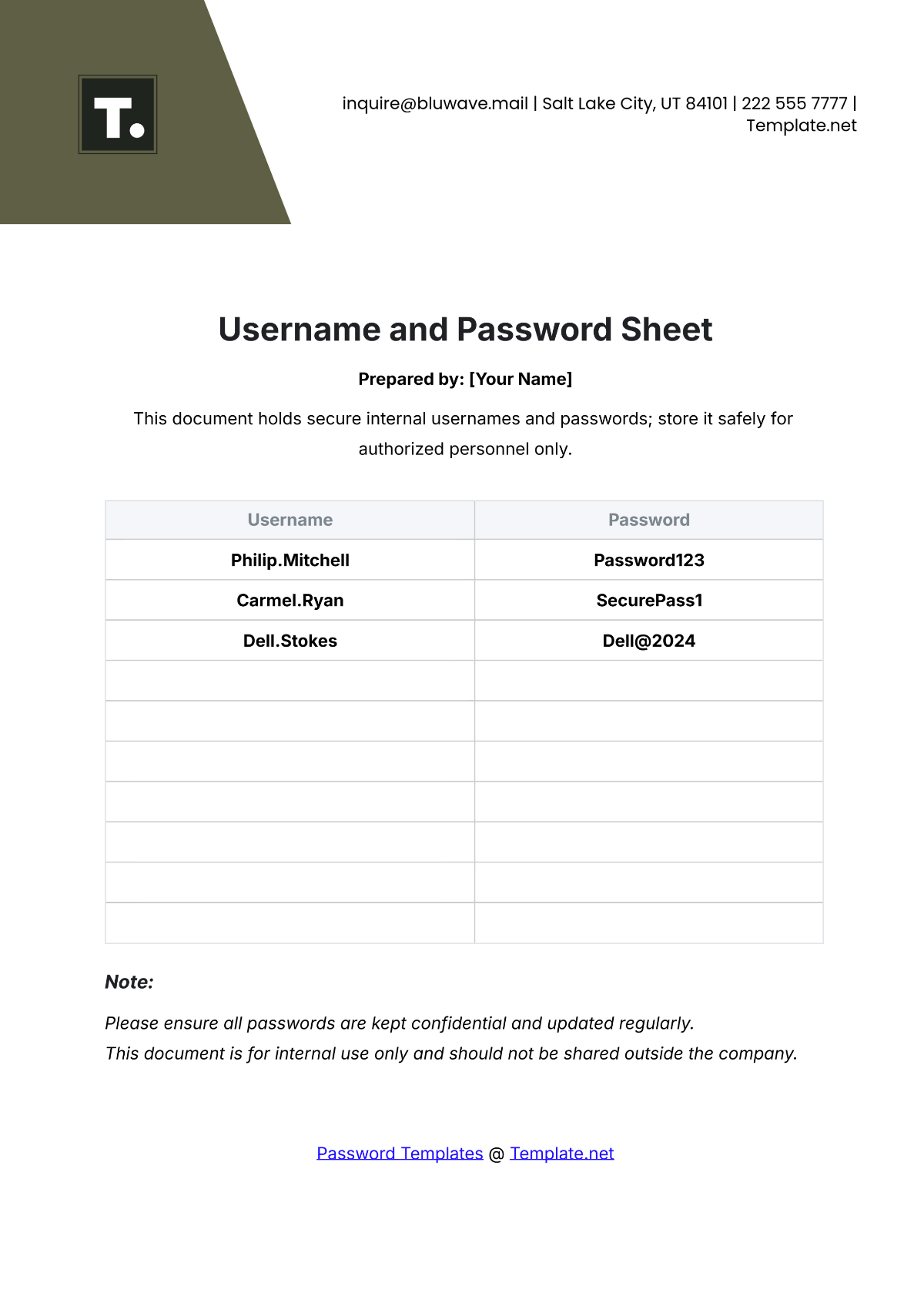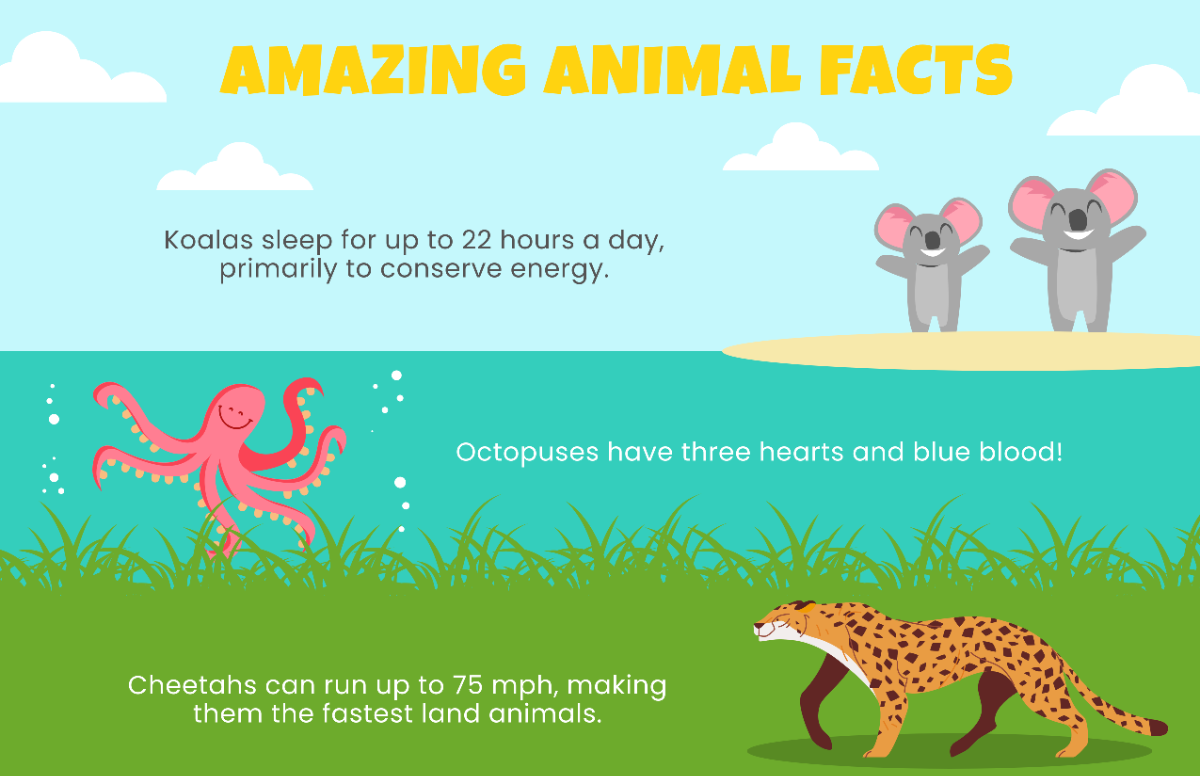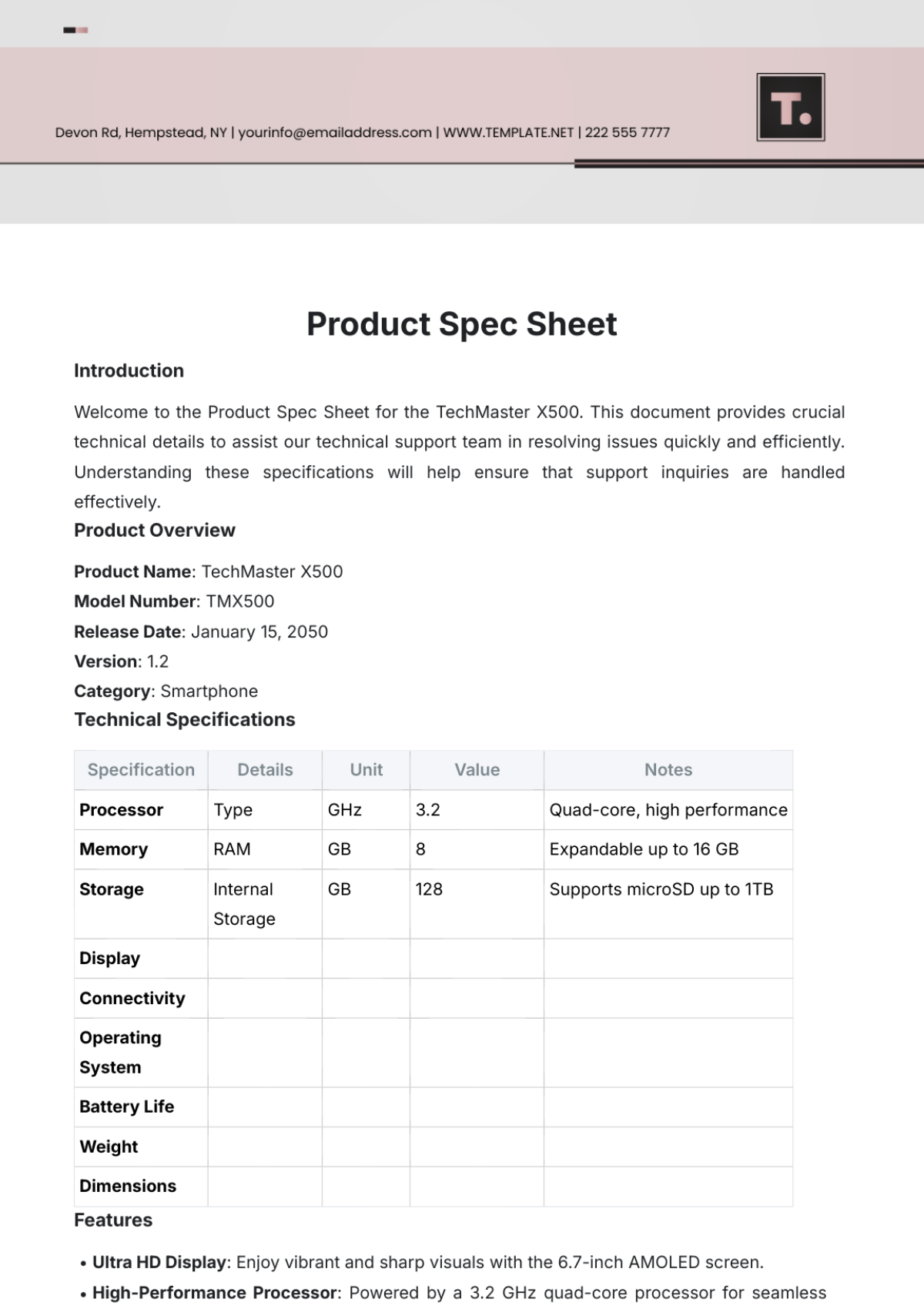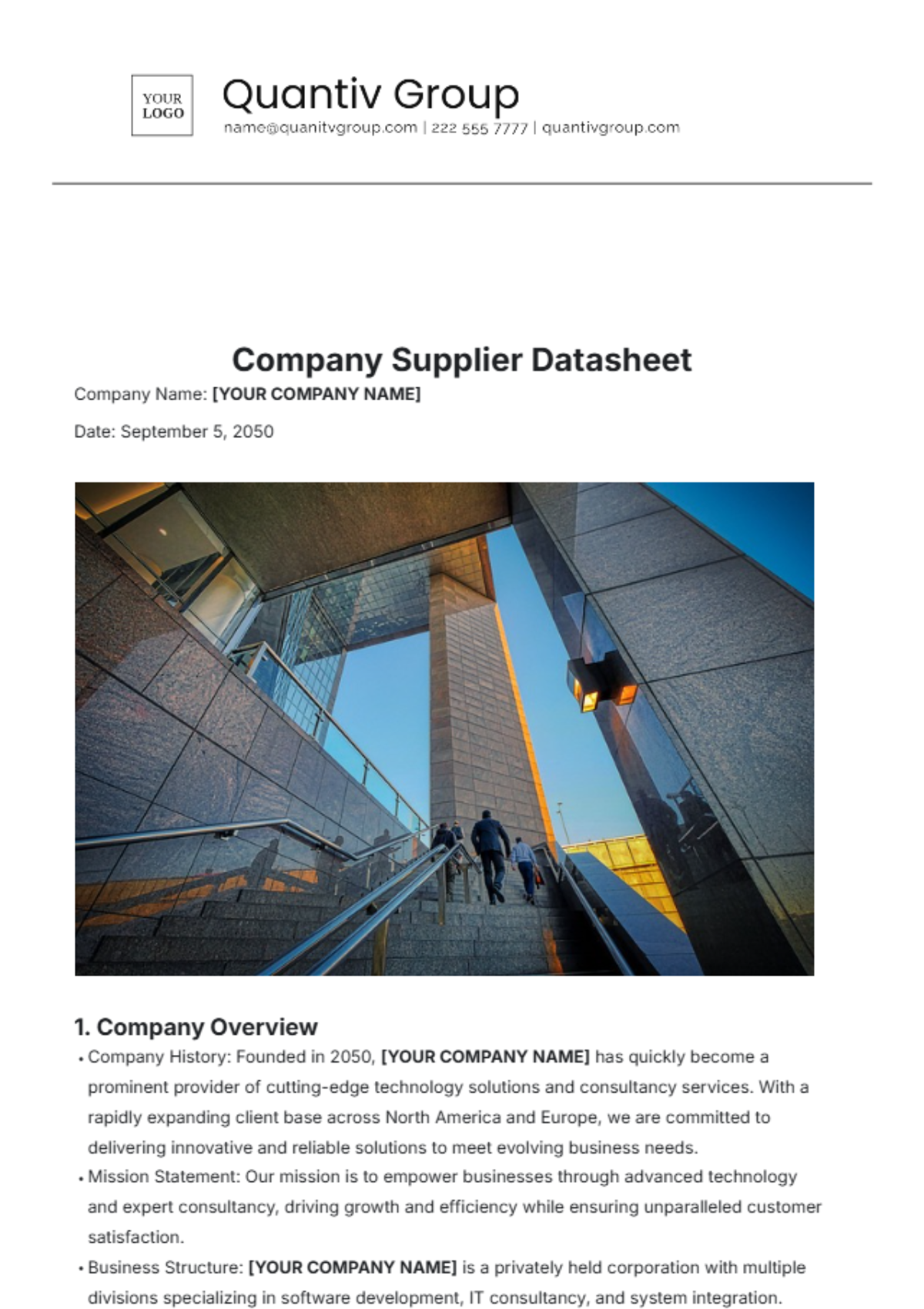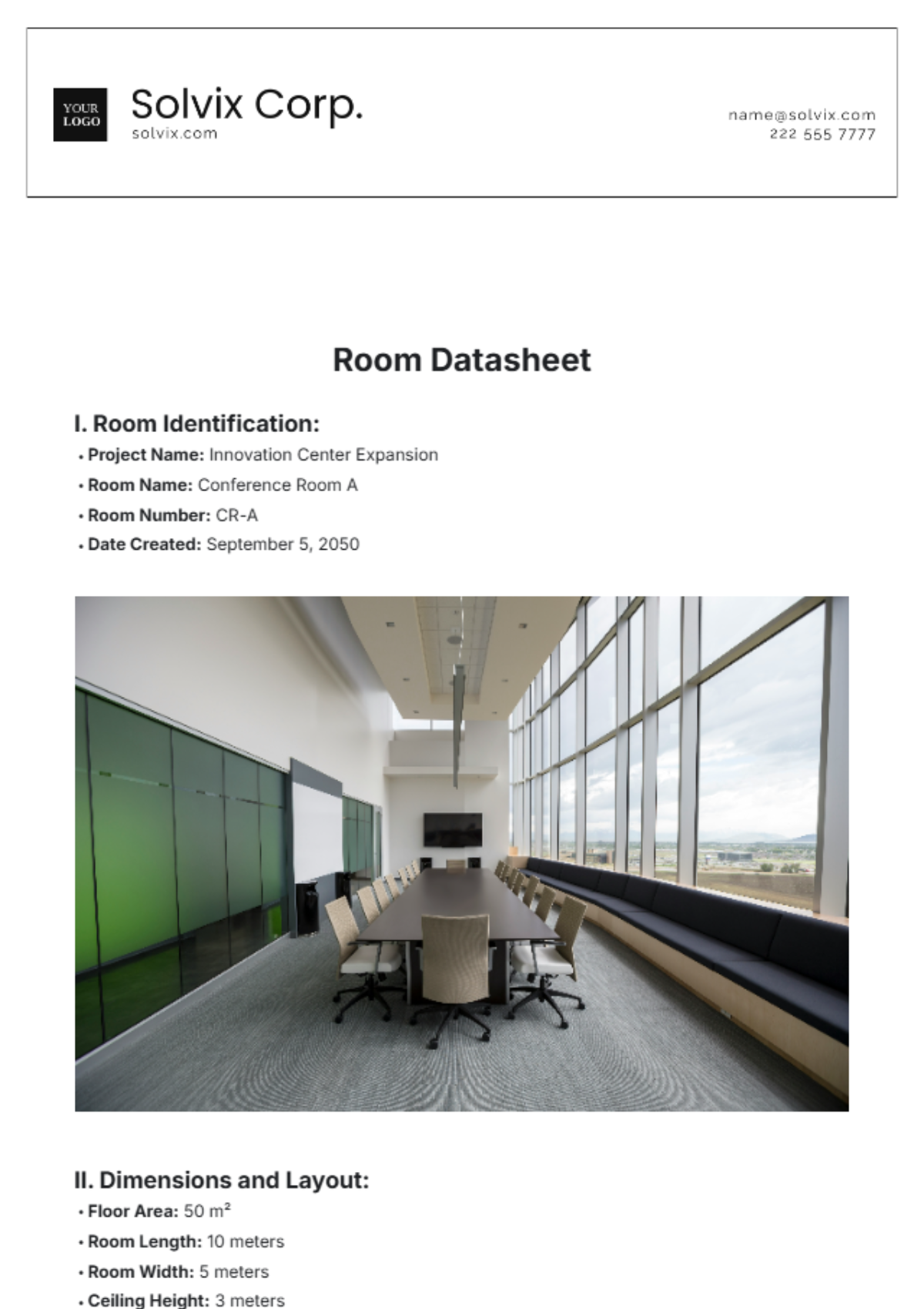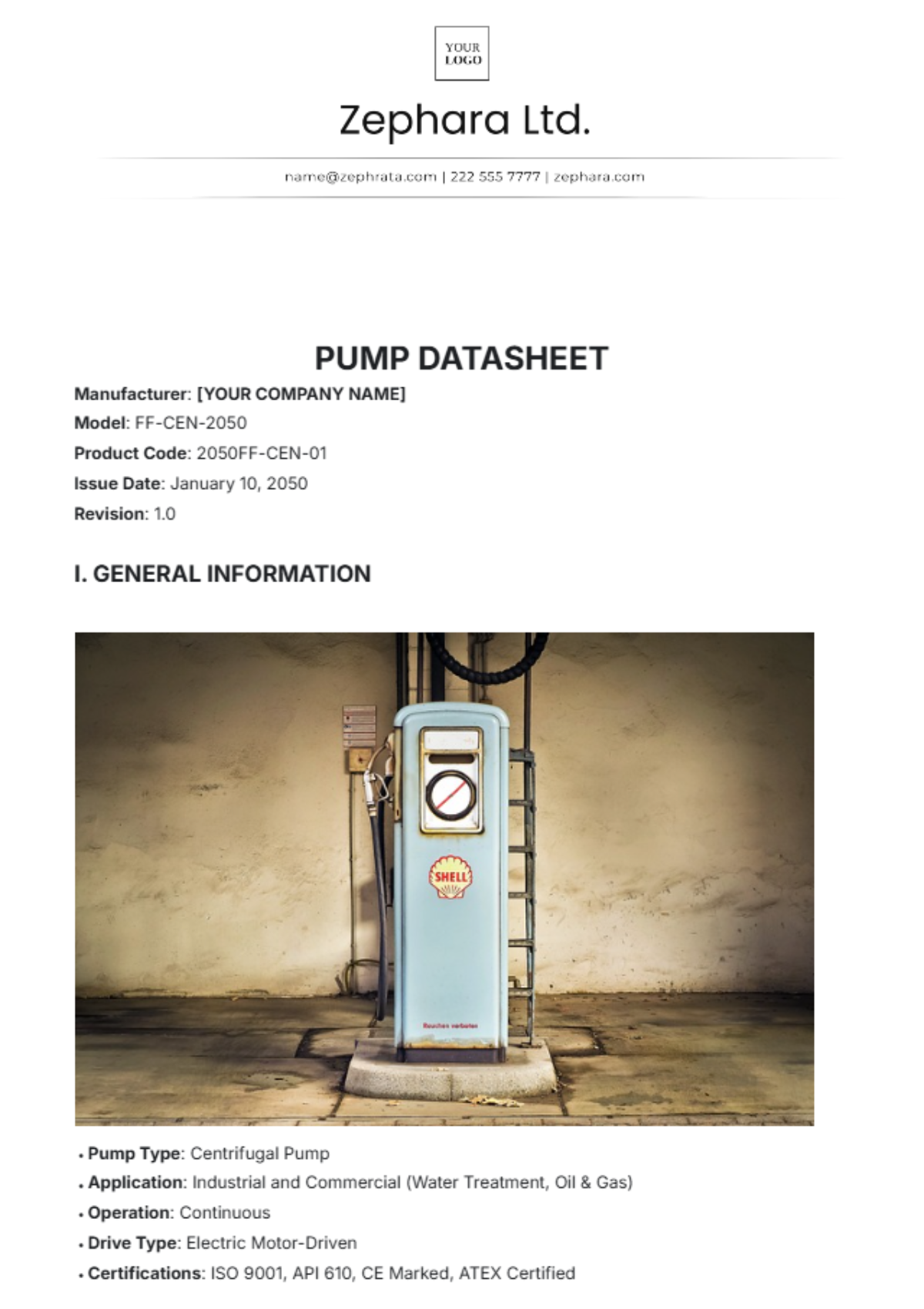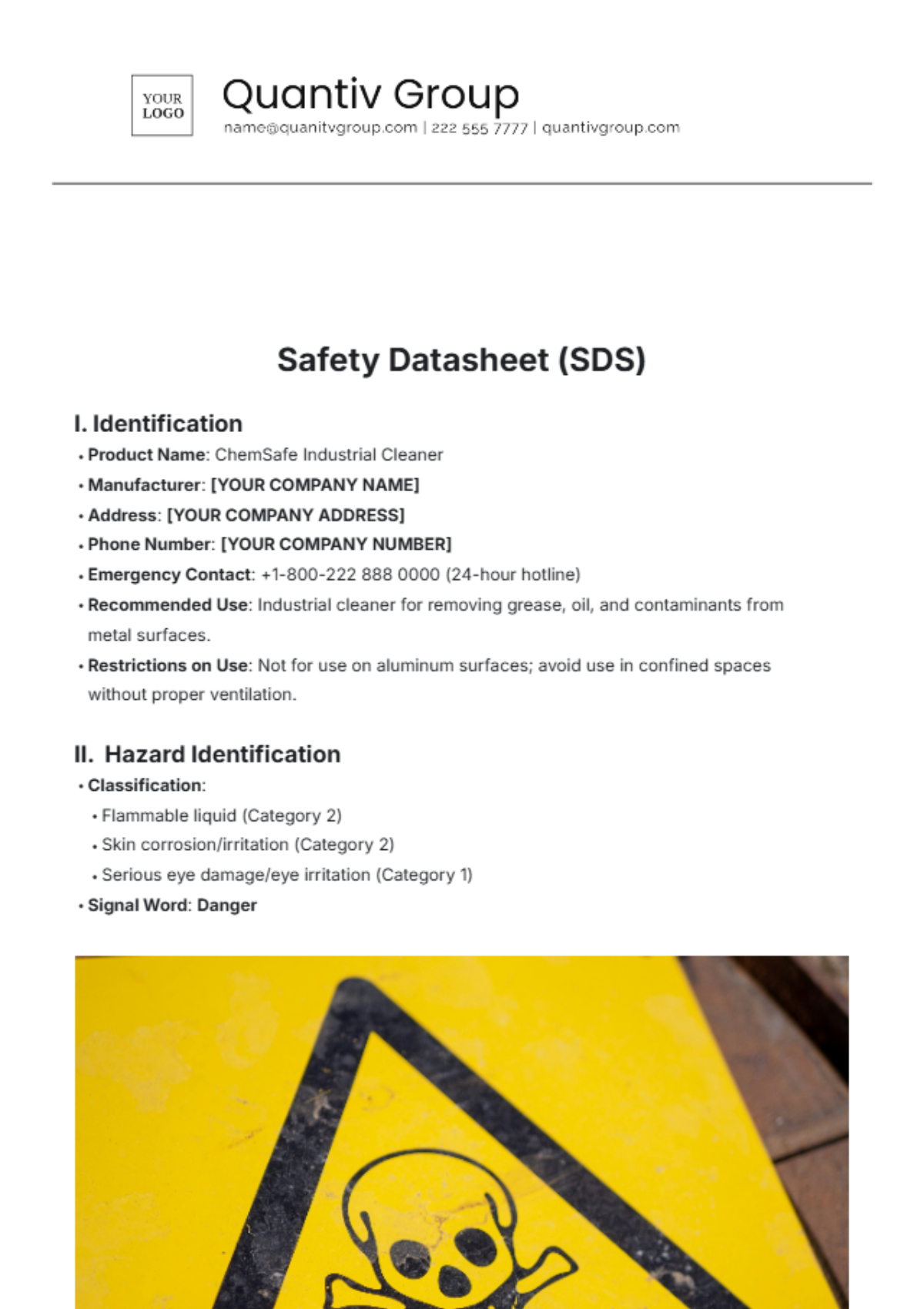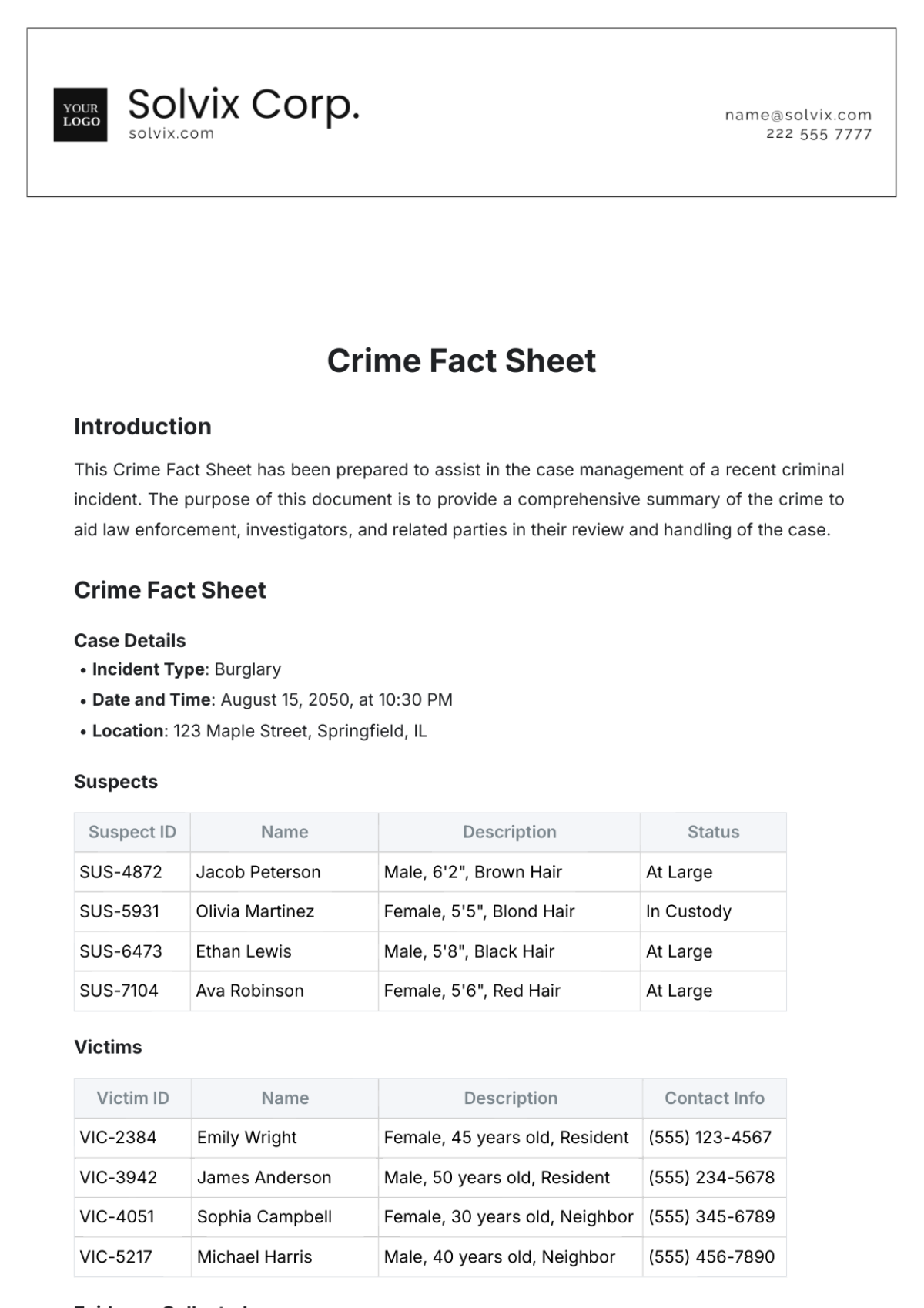Recycling Fact Sheet
I. Introduction

Recycling is a crucial component of sustainable waste management. It helps reduce the volume of waste in landfills, conserves natural resources, and decreases environmental pollution. This fact sheet outlines the key aspects of recycling, including acceptable materials, benefits, and specific rules and regulations.
II. Benefits of Recycling
Recycling offers several benefits to both the environment and society:
Conservation of Resources: Recycling reduces the need for extracting, refining, and processing raw materials, thus preserving natural resources like trees, water, and minerals.
Energy Savings: Reusing recycled materials often consumes less energy than producing new materials from scratch.
Reduction of Pollution: Recycling lowers greenhouse gas emissions and other pollutants, contributing to improved air and water quality.
Waste Reduction: Diverting materials from landfills through recycling helps decrease the volume of waste, reducing land use and methane emissions.
III. What Can Be Recycled?

The following table outlines the common materials that are accepted for recycling:
Material | Examples |
|---|---|
Paper | Newspapers, magazines, office paper |
Cardboard | Boxes, packaging, cartons |
Plastic | Bottles, containers, jugs |
Metal | Aluminum cans, tin cans, foil |
IV. Recycling Rules and Regulations
To ensure effective recycling, follow these basic rules:
Clean and Rinse: Ensure all recyclable materials are clean and free of food residue or other contaminants.
Separate Materials: Keep different types of recyclables separate, as instructed by your local facility.
No Hazardous Waste: Do not place hazardous materials (like chemicals, paint, or batteries) in recycling bins. Instead, take them to designated hazardous waste facilities.
No Plastic Bags: Avoid using plastic bags to collect recyclables, as they can clog recycling equipment. Use bins or other designated containers instead.
V. Recycling Drop-Off Locations
Here are a few common places where you can drop off recyclable materials:
Municipal Recycling Centers: Local government facilities dedicated to recycling collection and processing.
Retail Stores: Some stores offer recycling bins for specific items like plastic bags, batteries, or electronics.
Community Events: Look for recycling drives or community events focused on recycling and waste management.
VI. Contact Information
For more information on recycling guidelines in your area or if you have specific questions, contact your local recycling authority or municipal waste management department:
Recycling Authority: [YOUR NAME]
Email: [Your Email]
VII. Conclusion

Recycling is a simple but powerful way to contribute to a sustainable environment. By following the guidelines in this fact sheet, you can play your part in conserving resources, reducing pollution, and minimizing waste. Together, we can make a difference!
